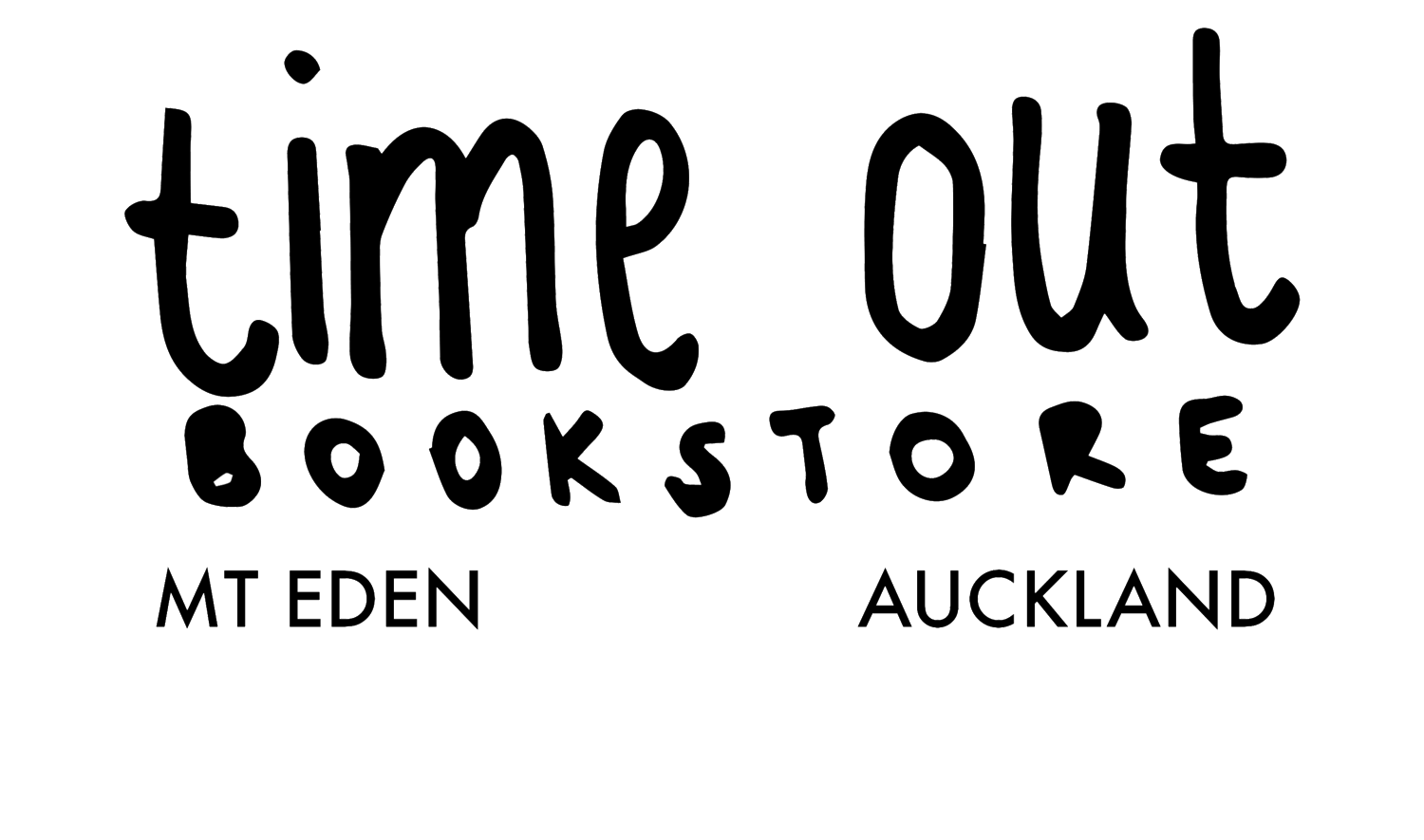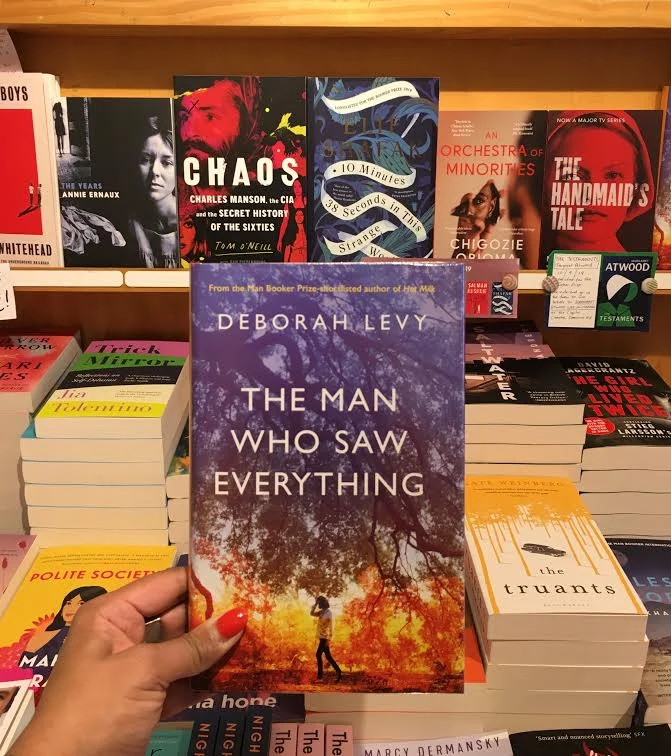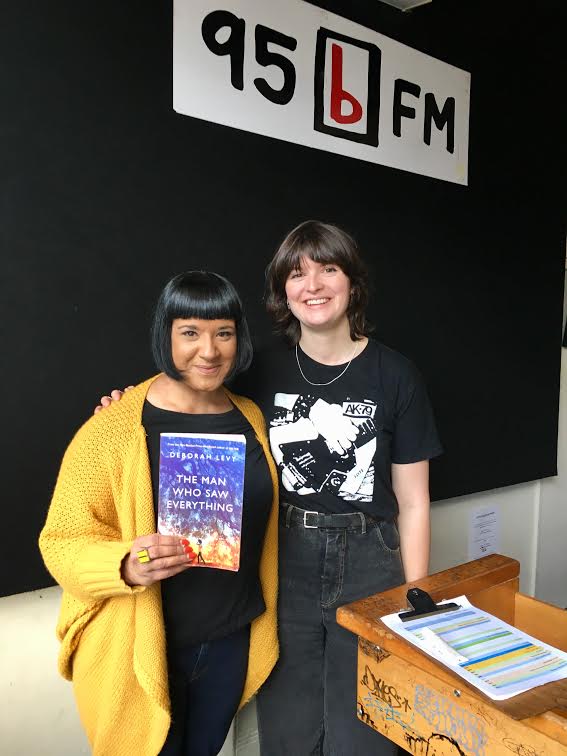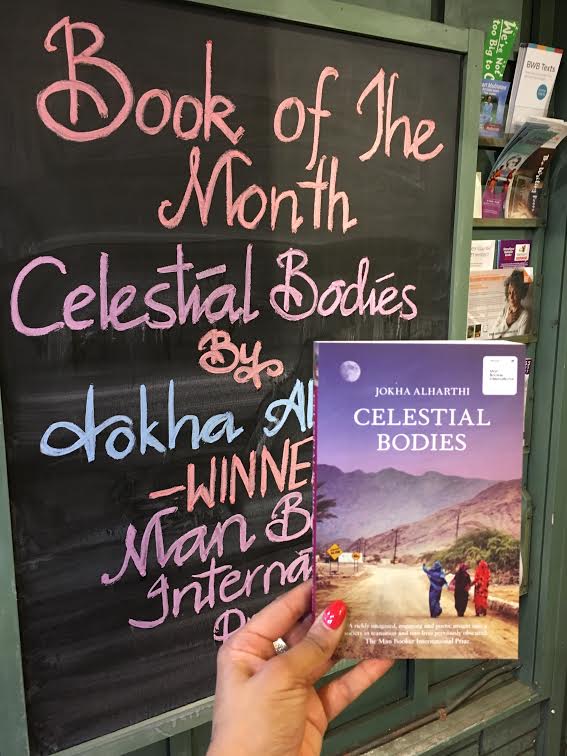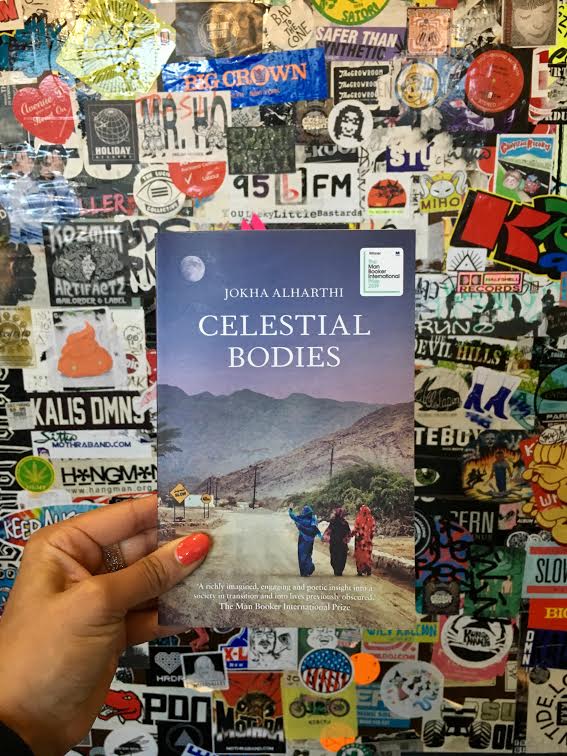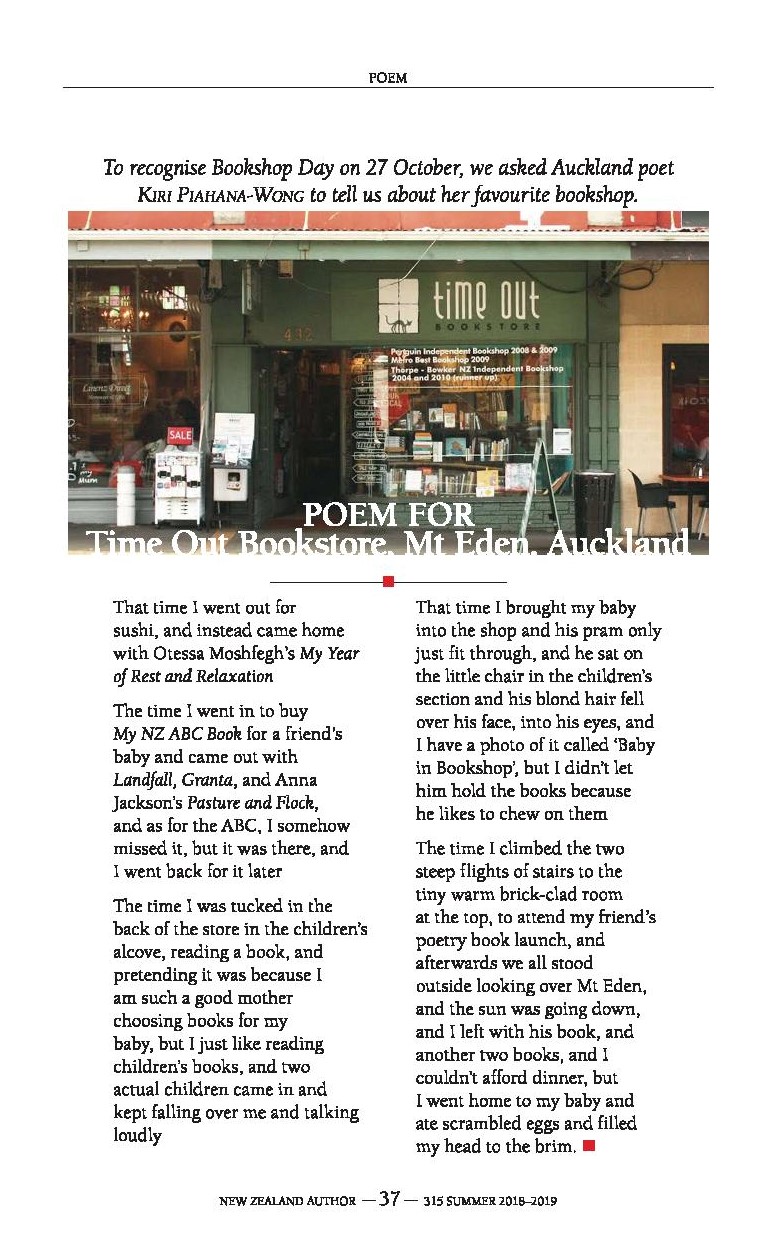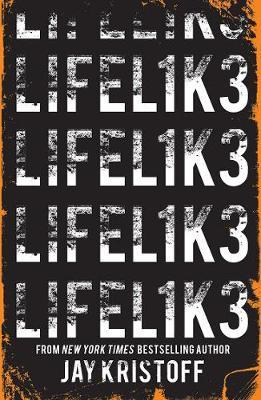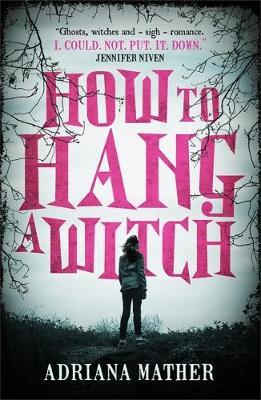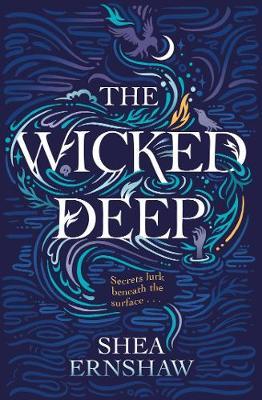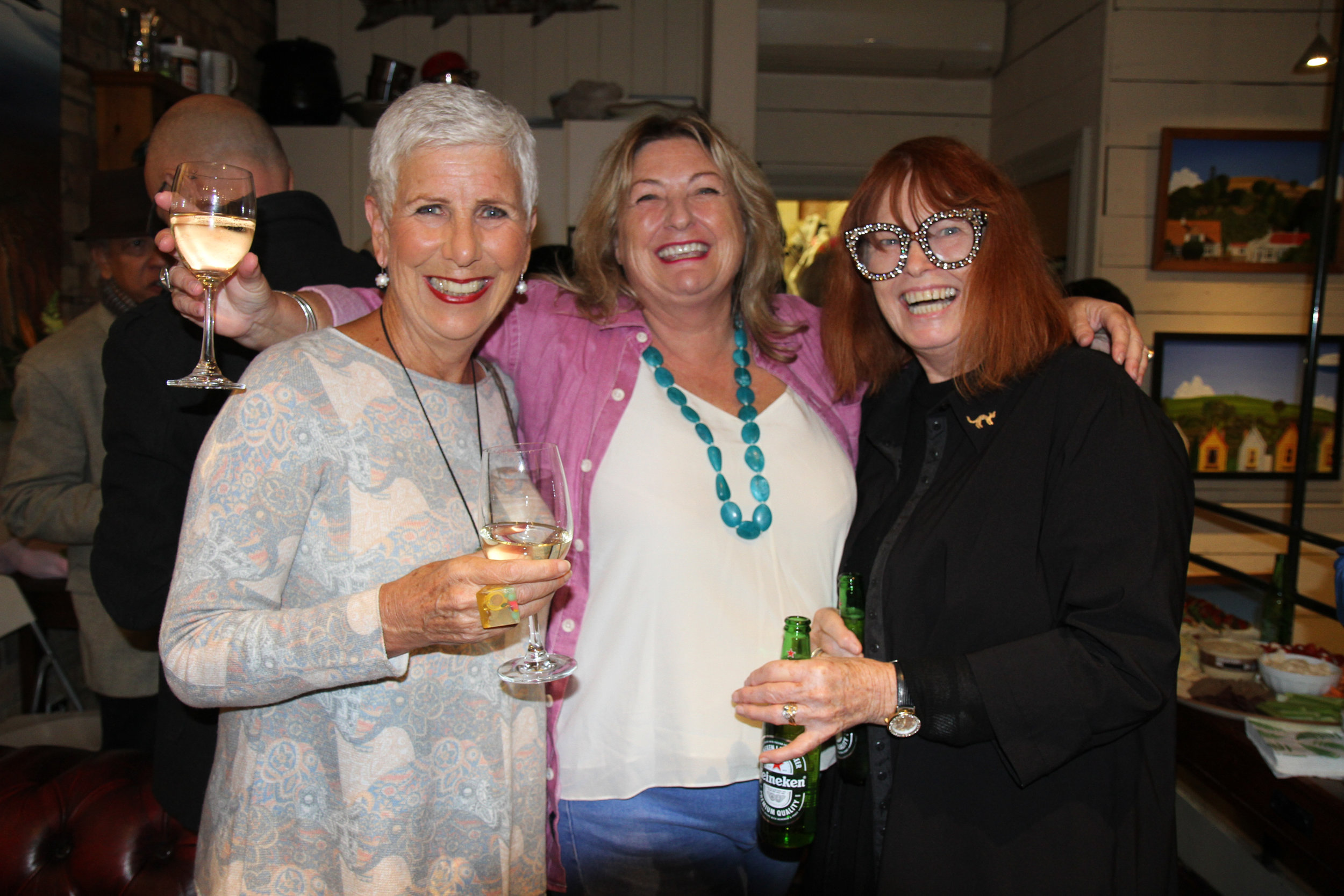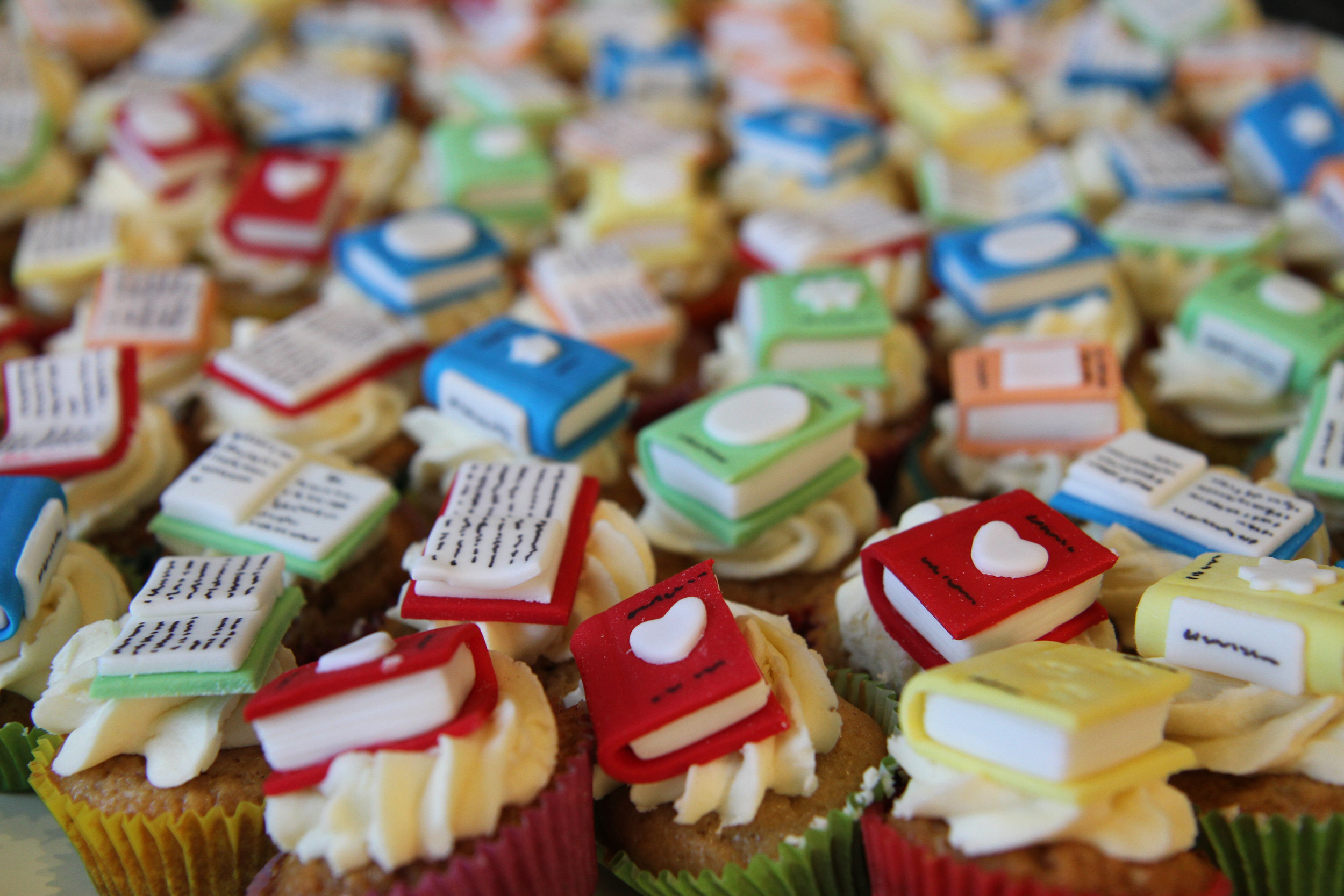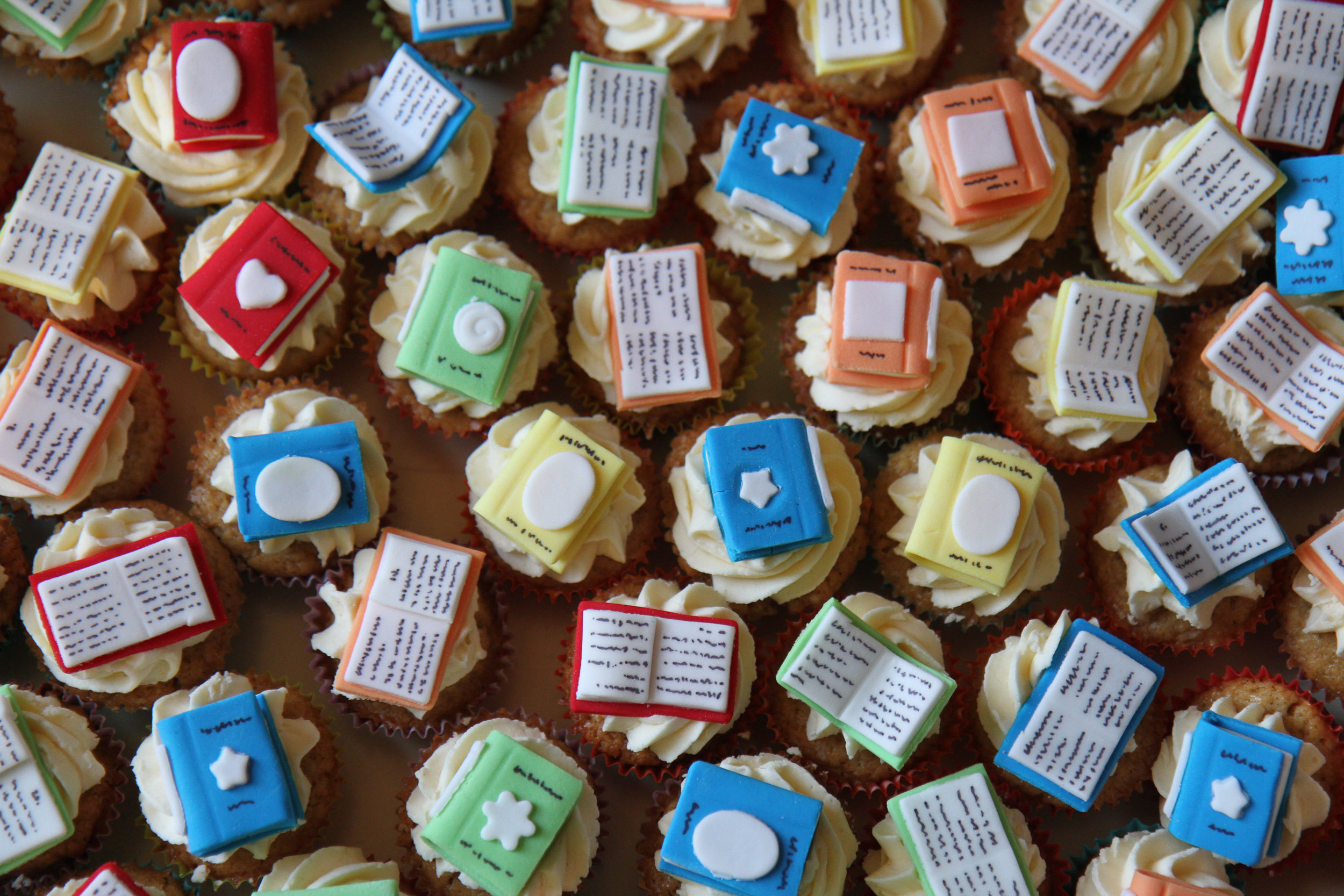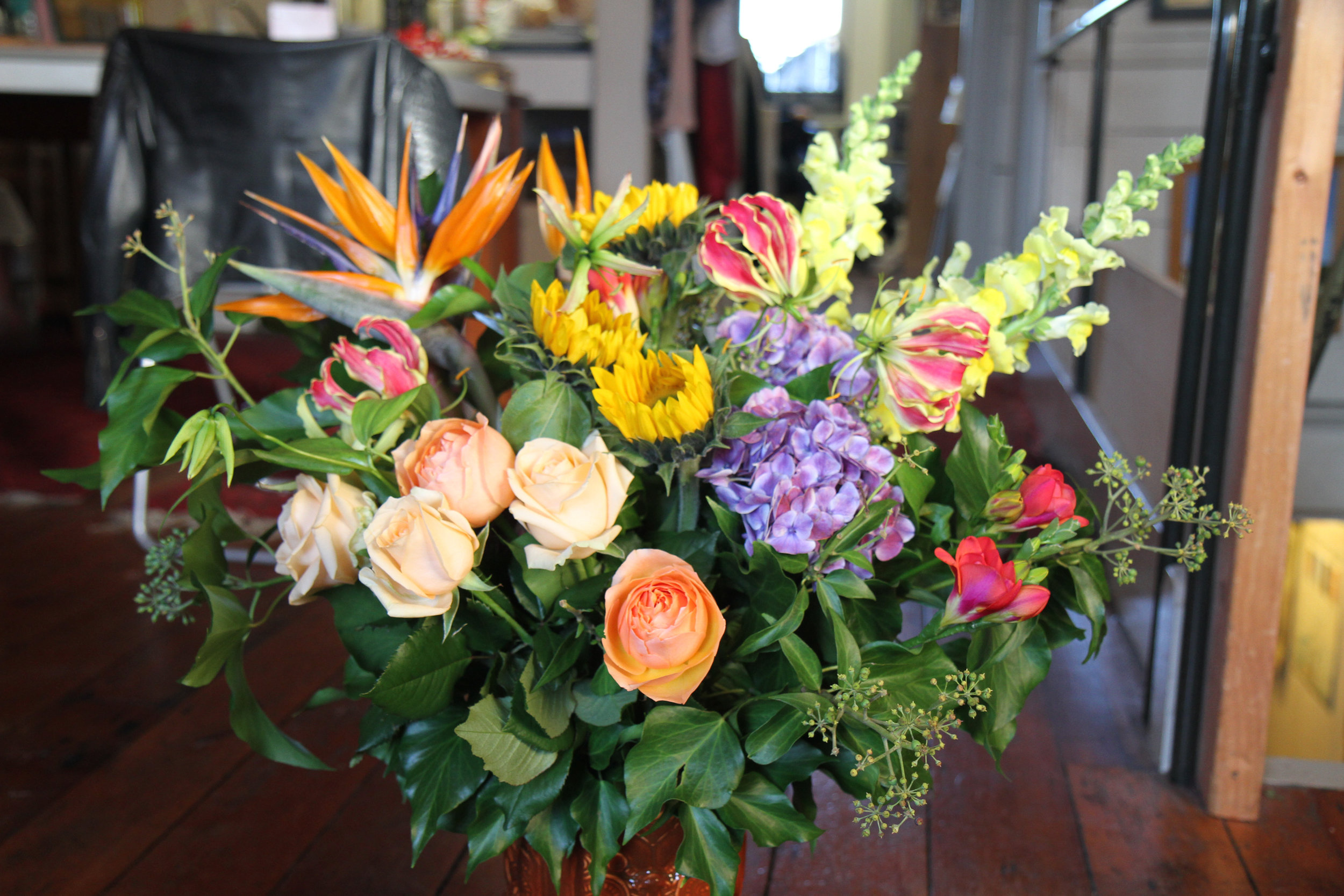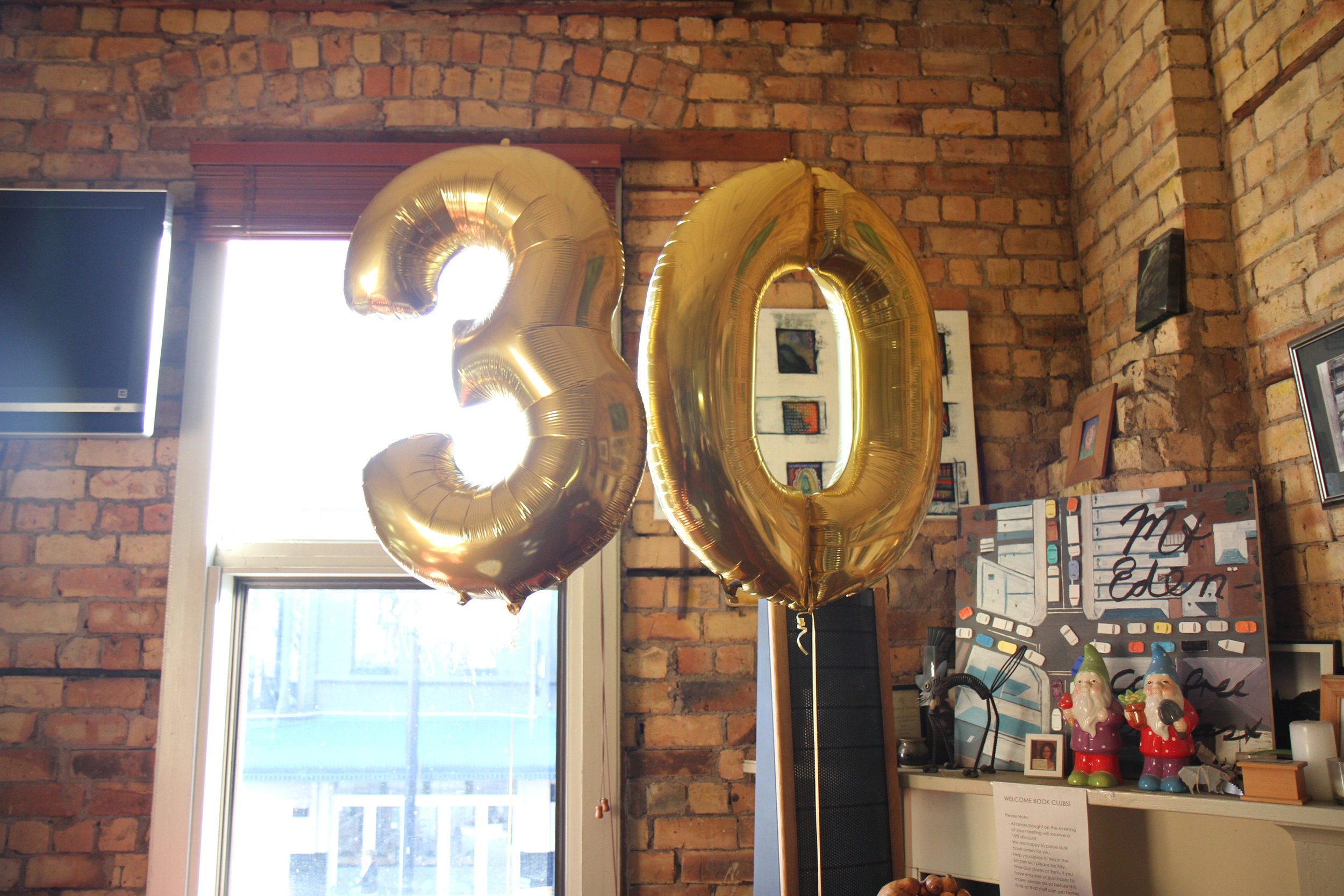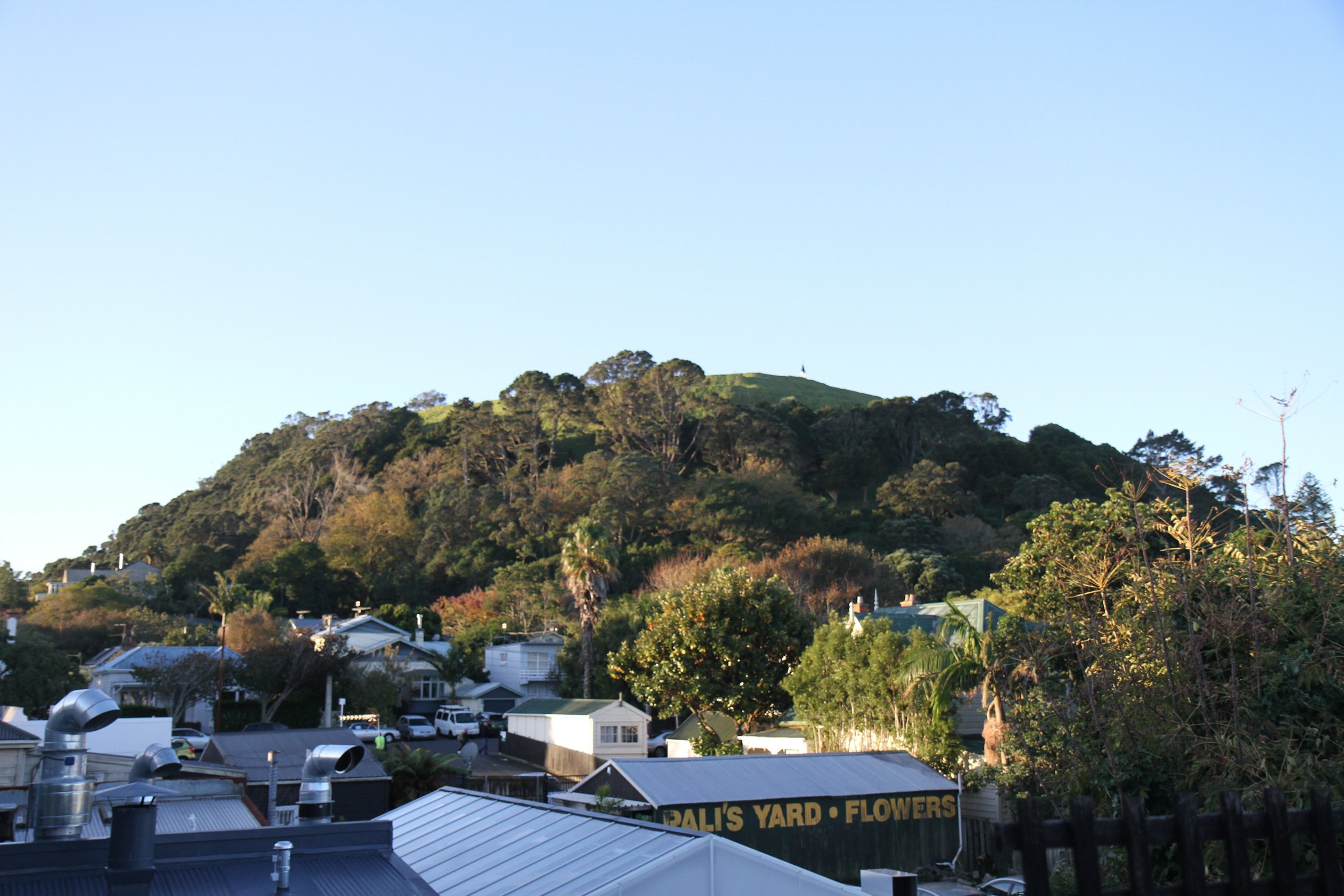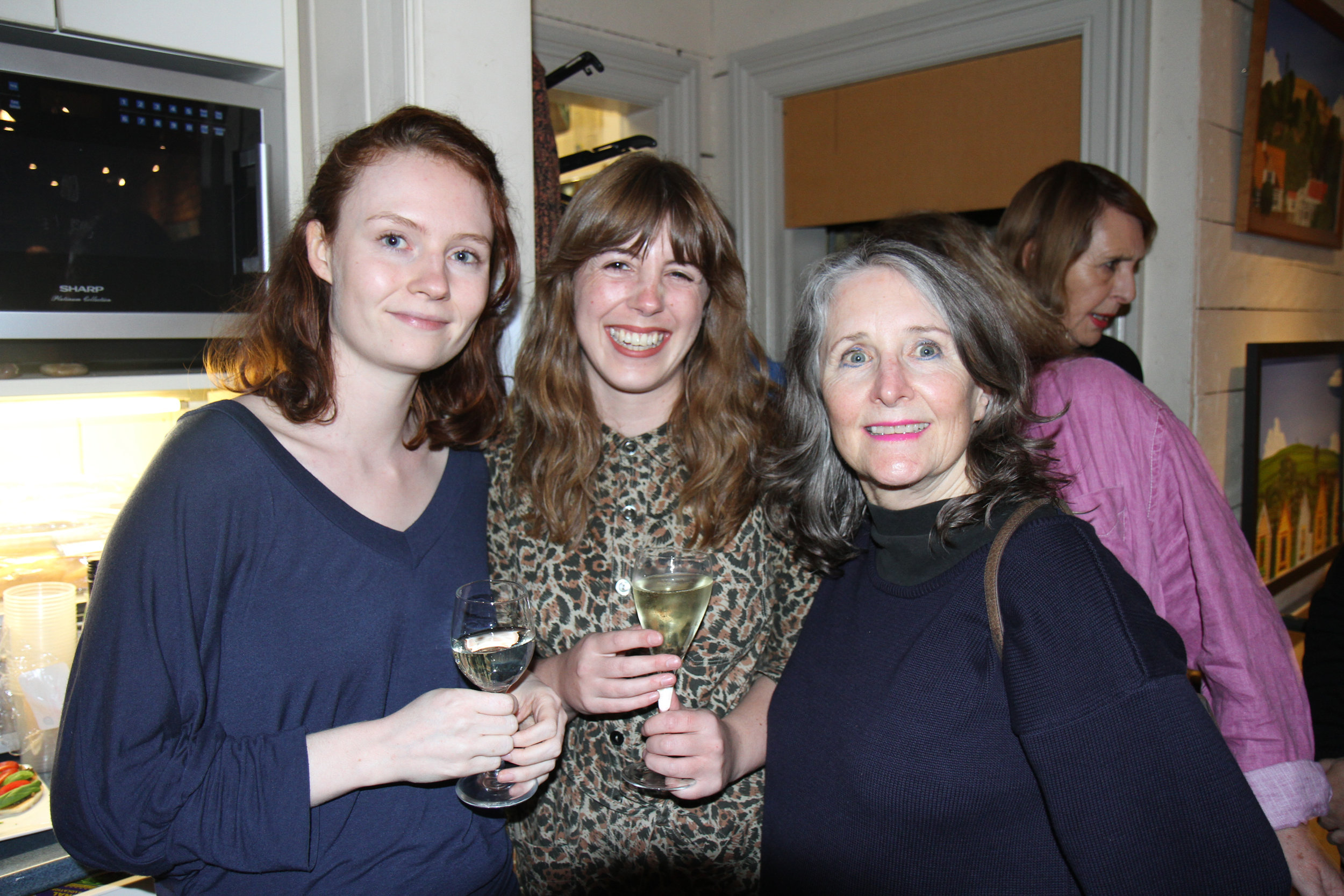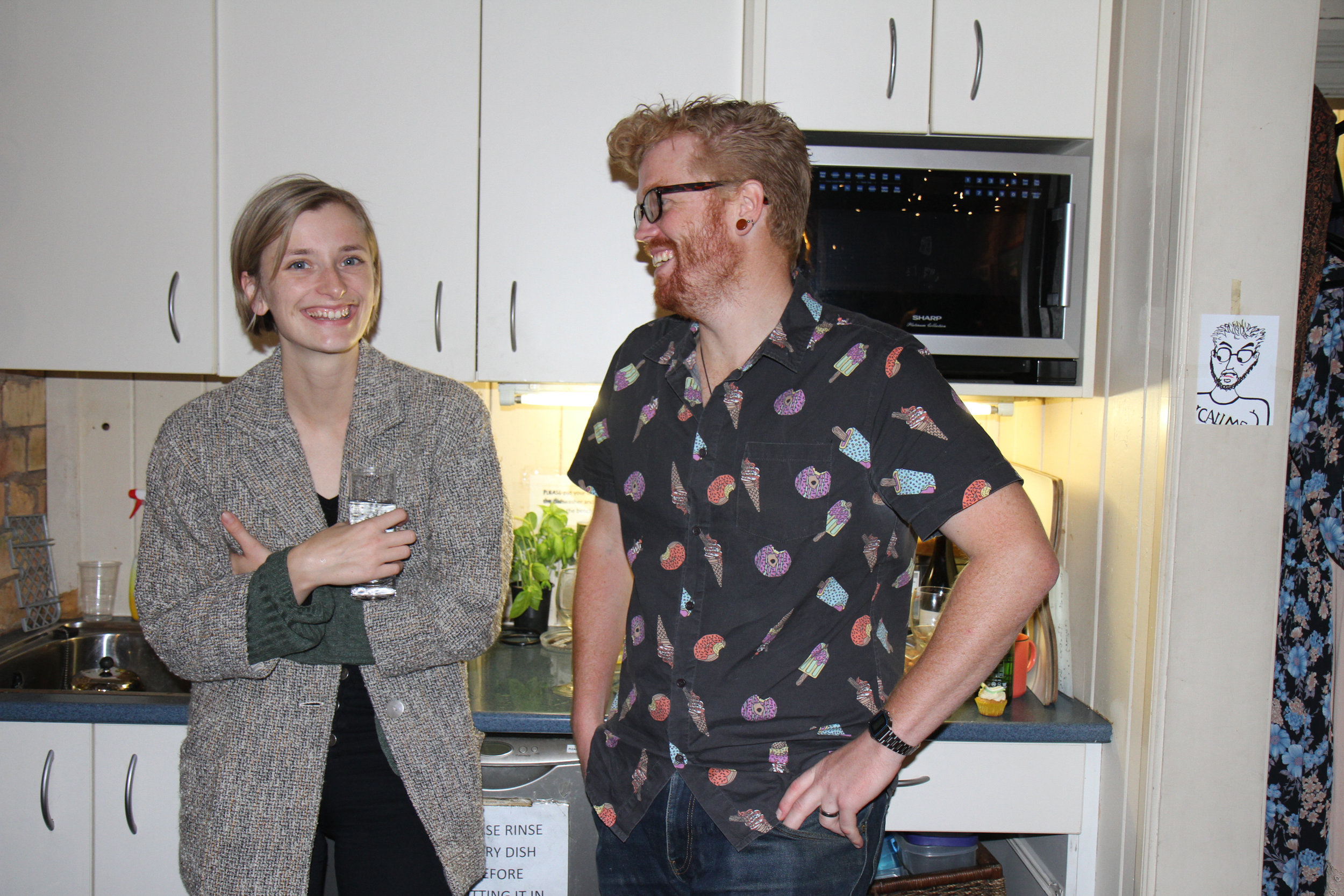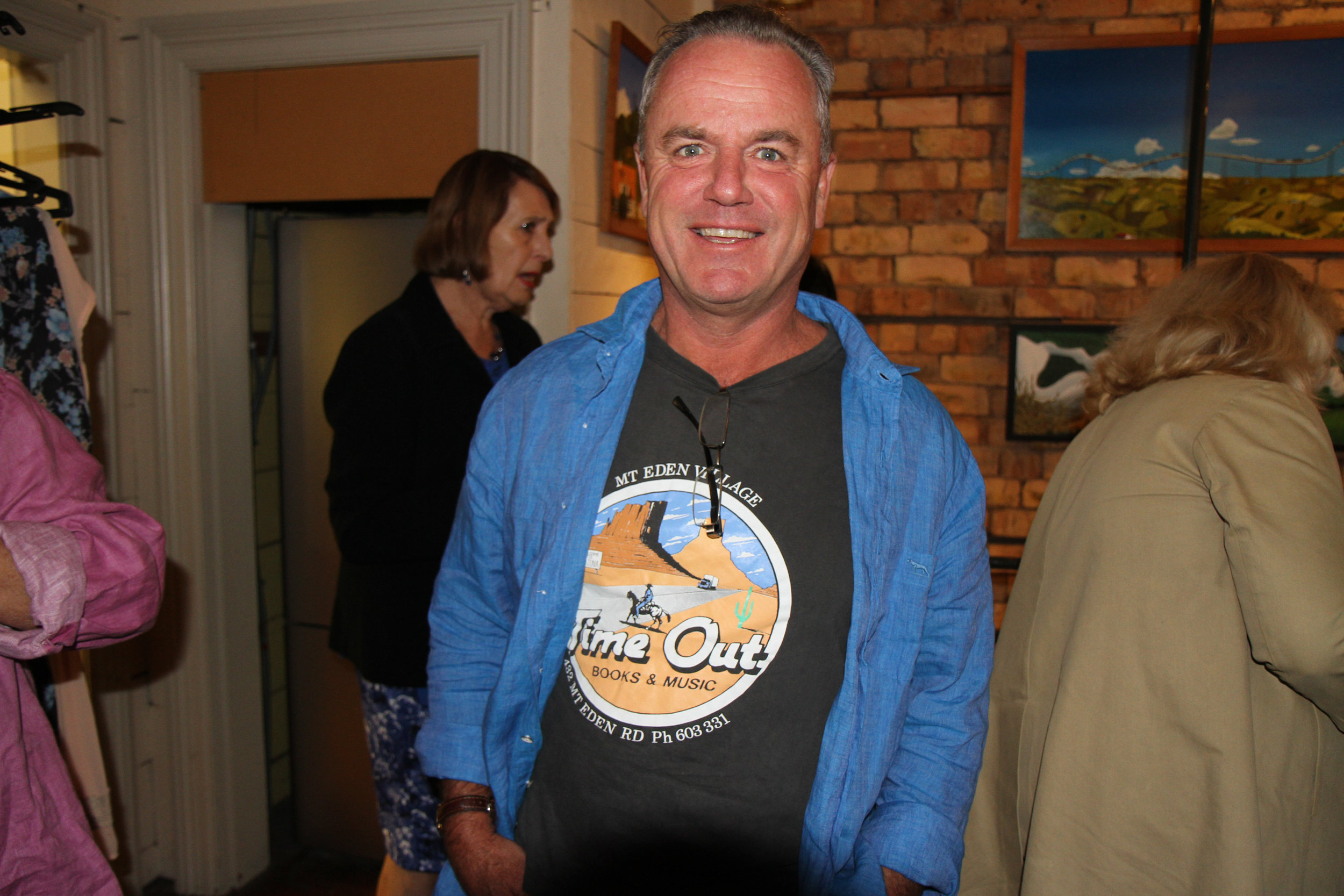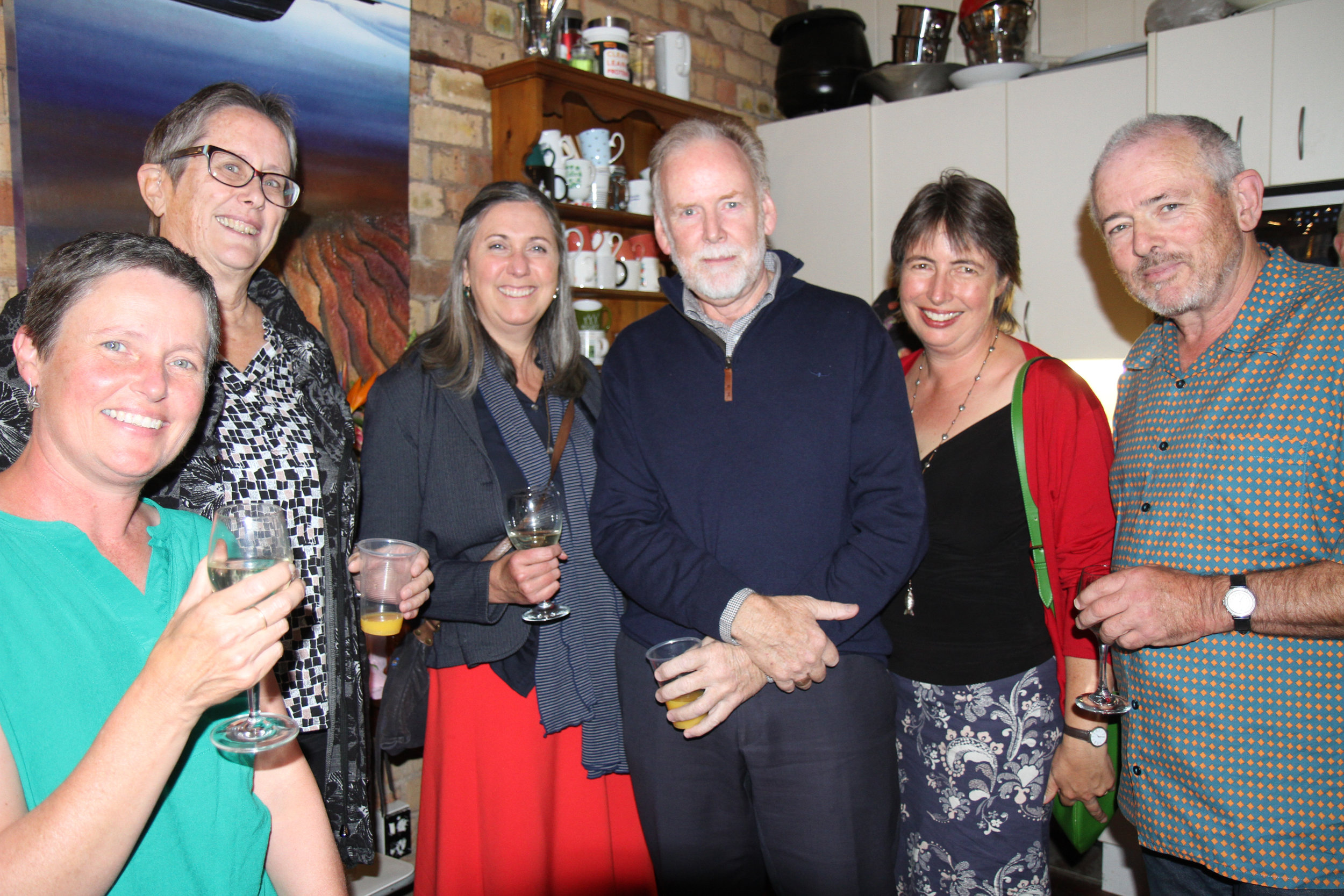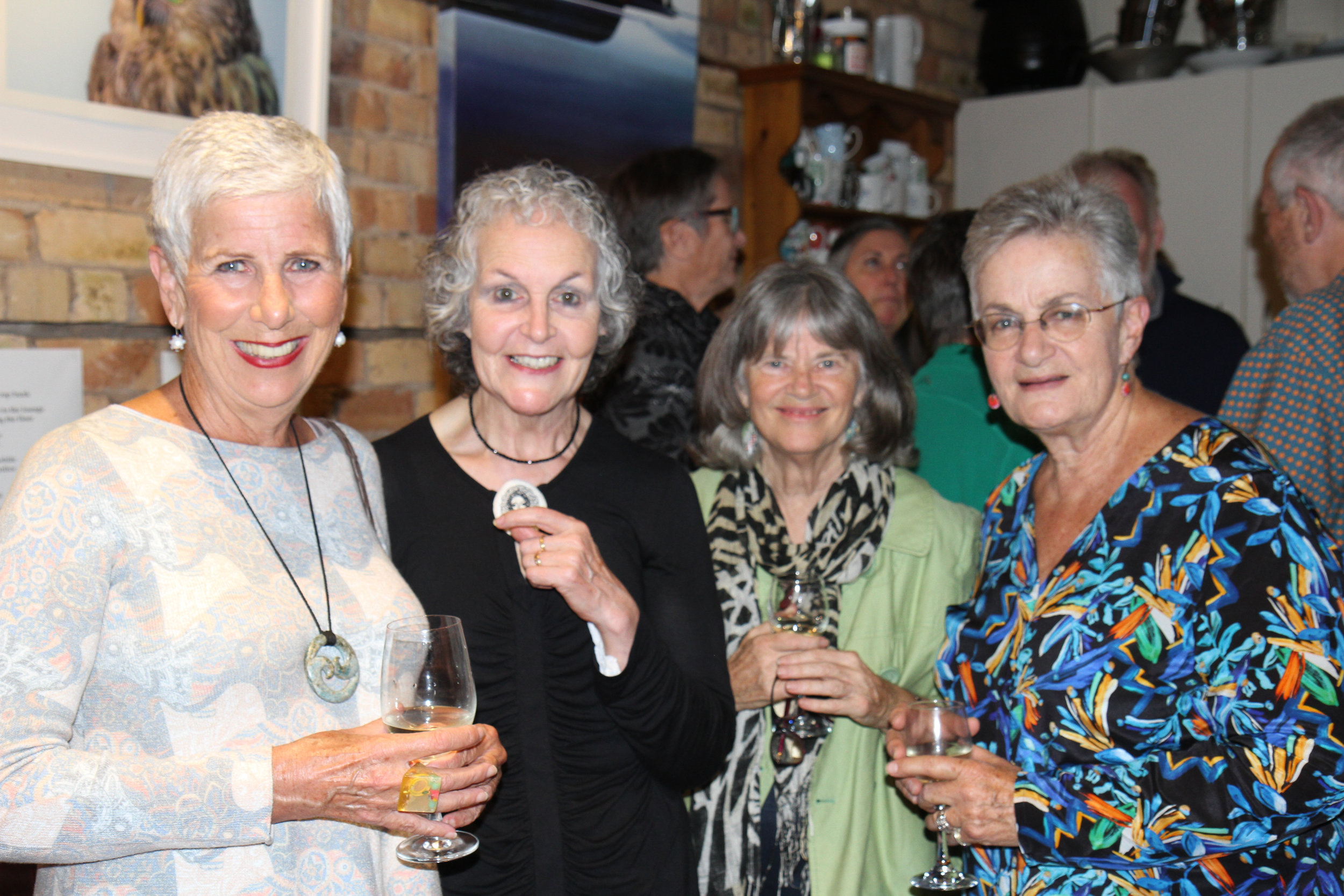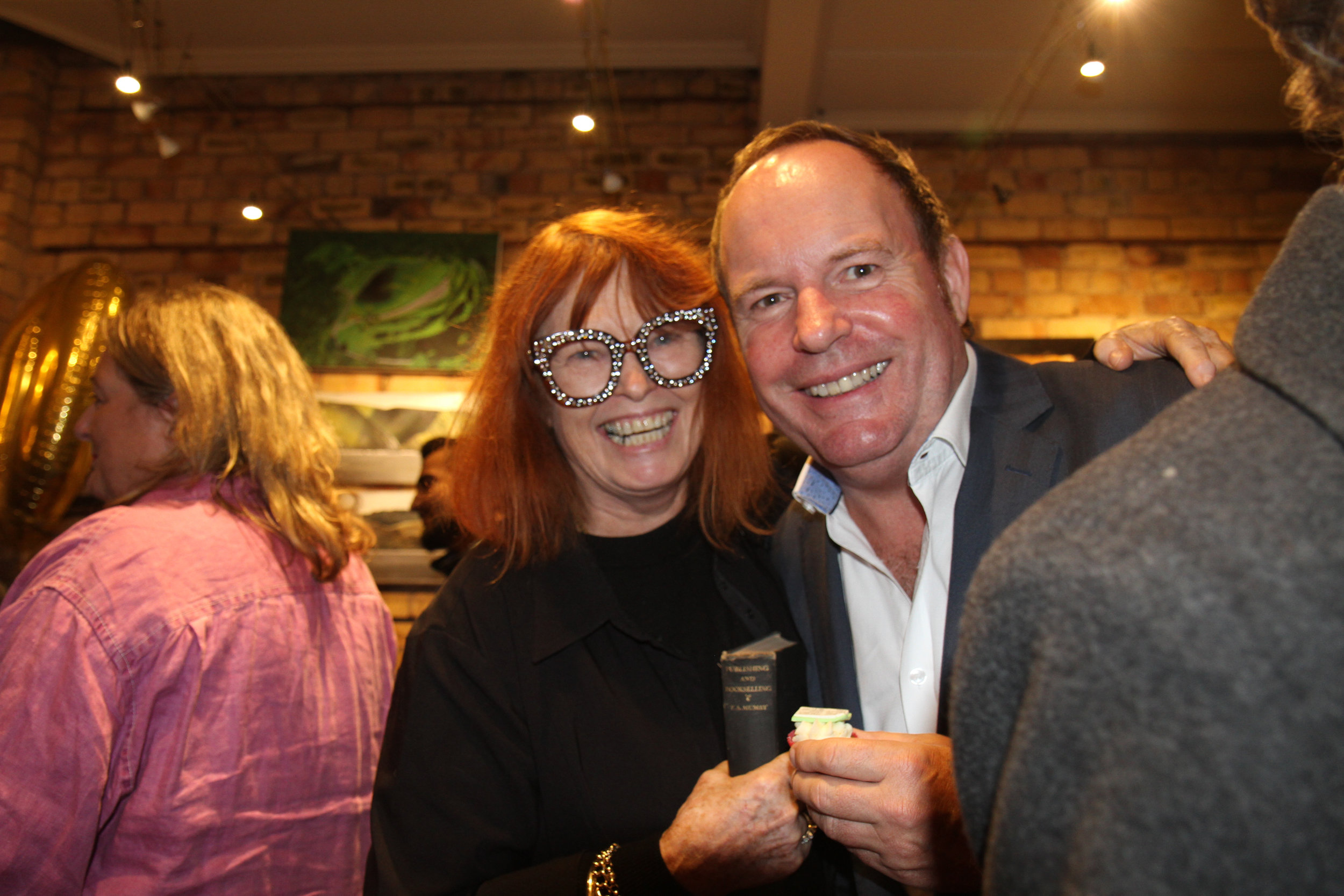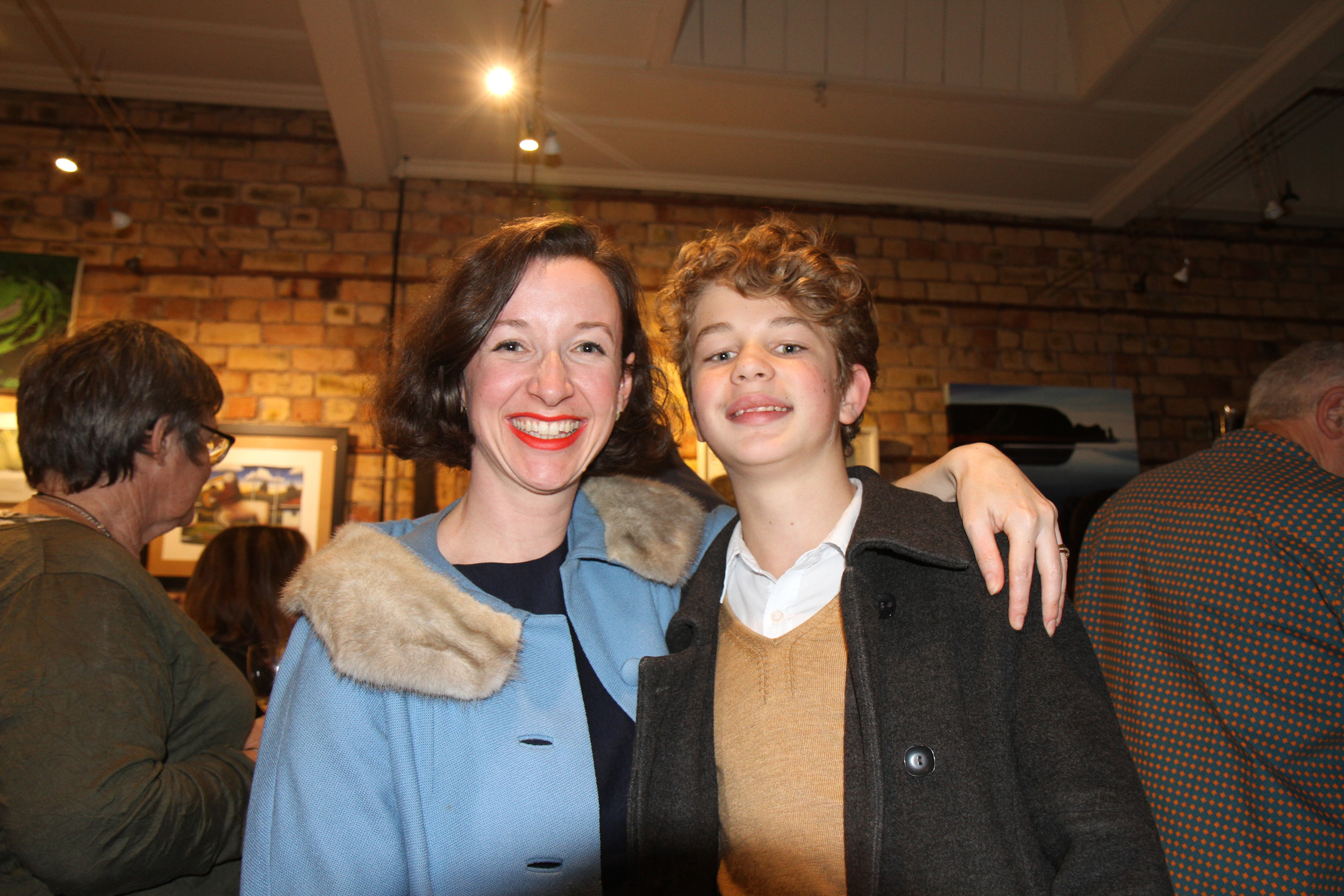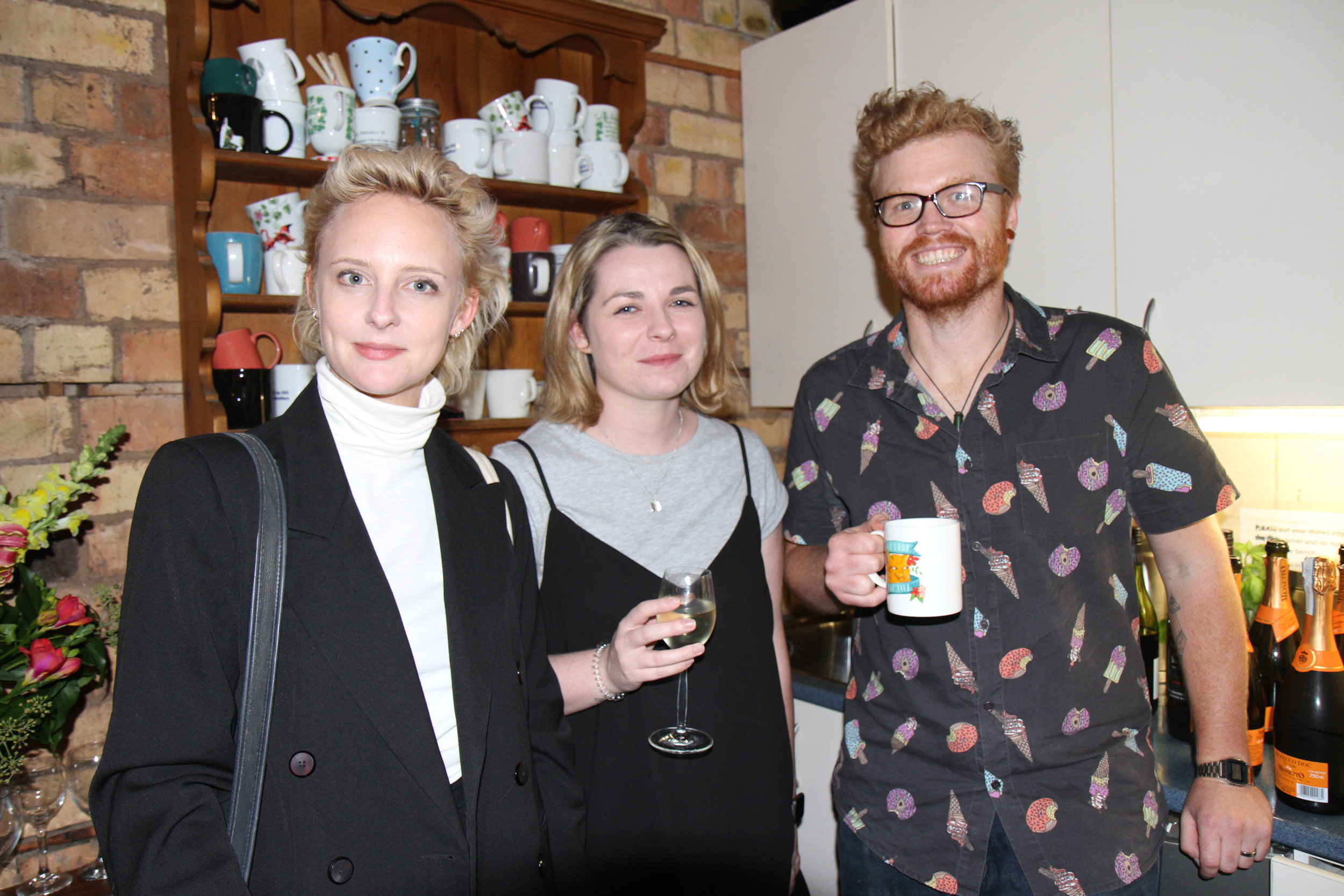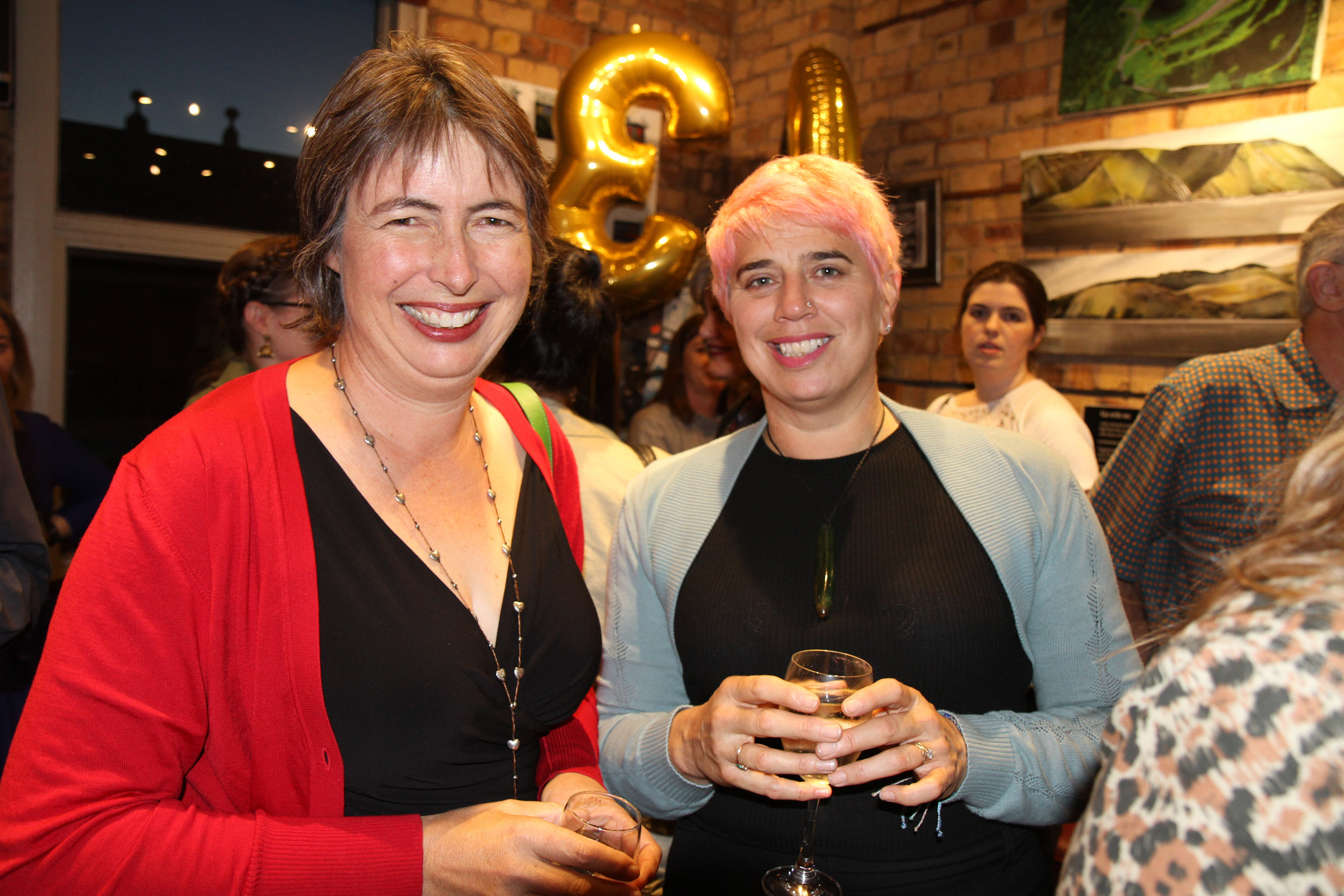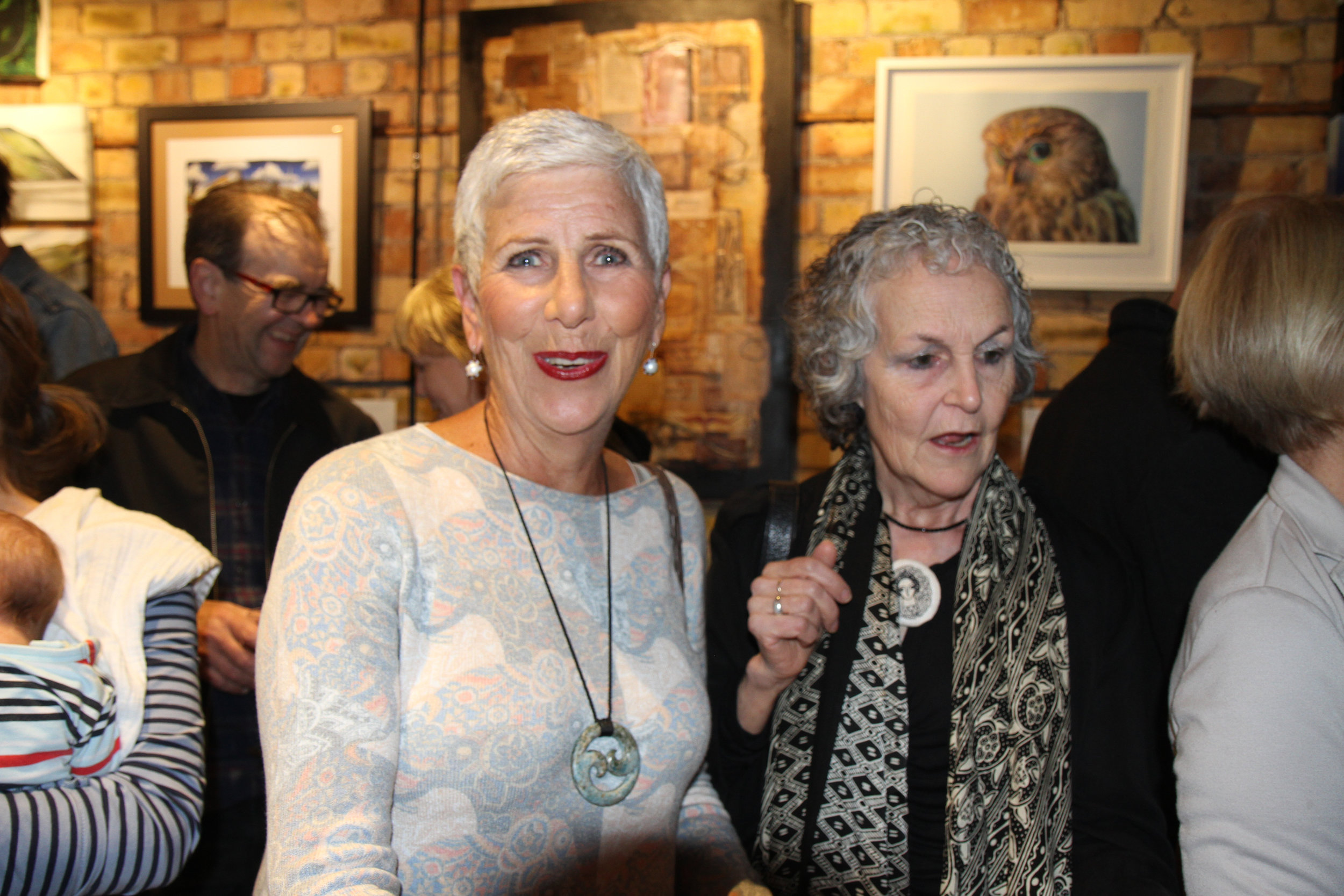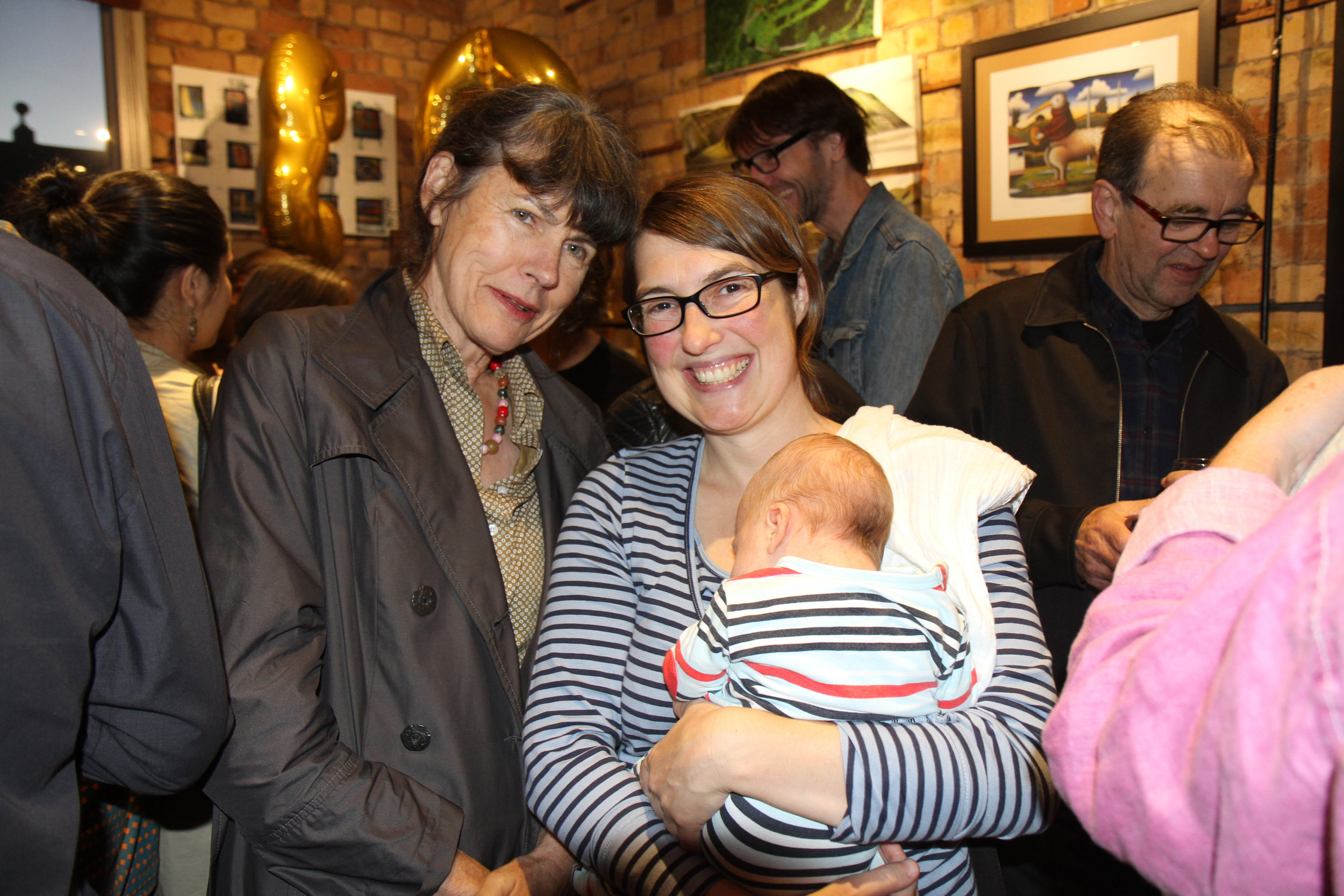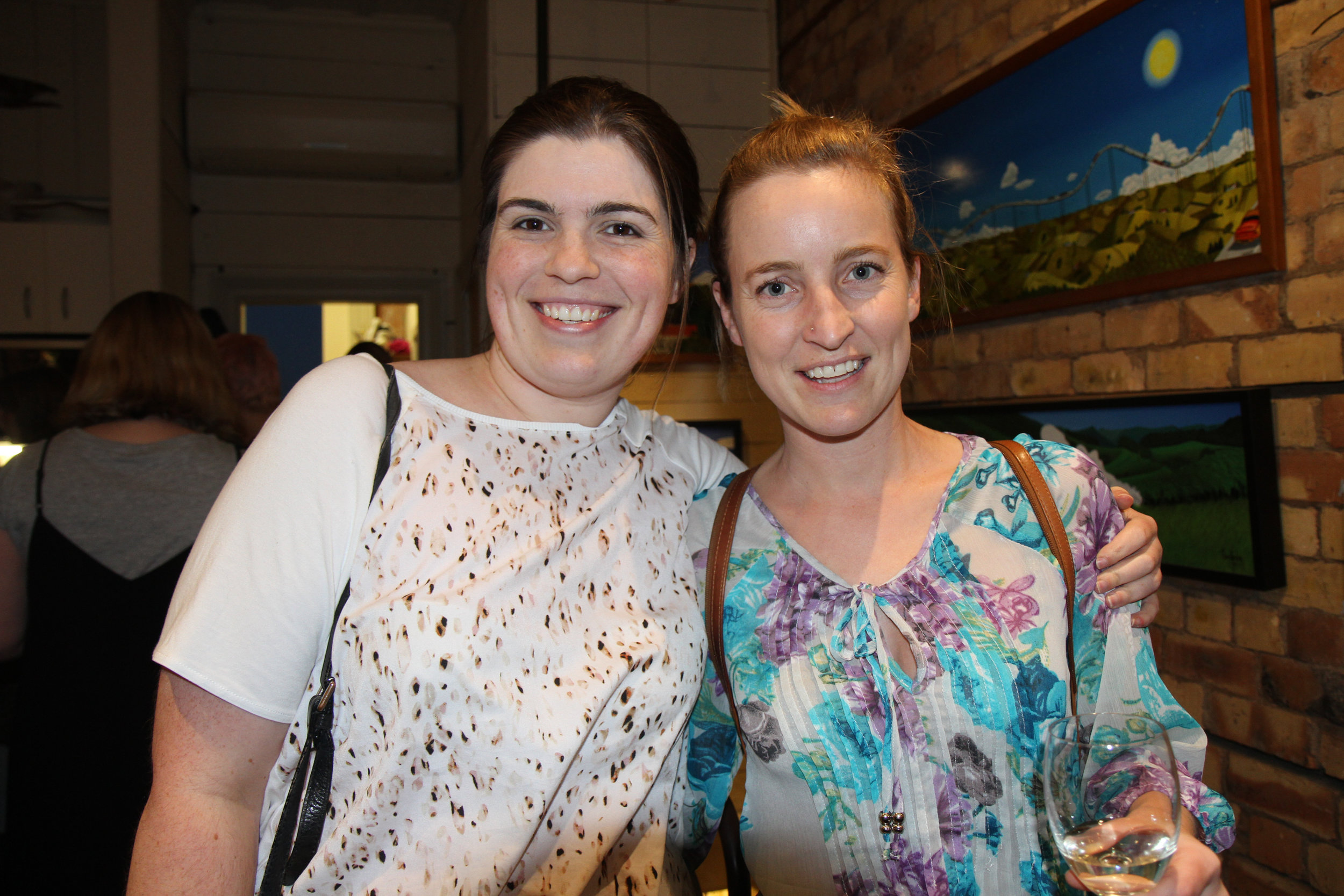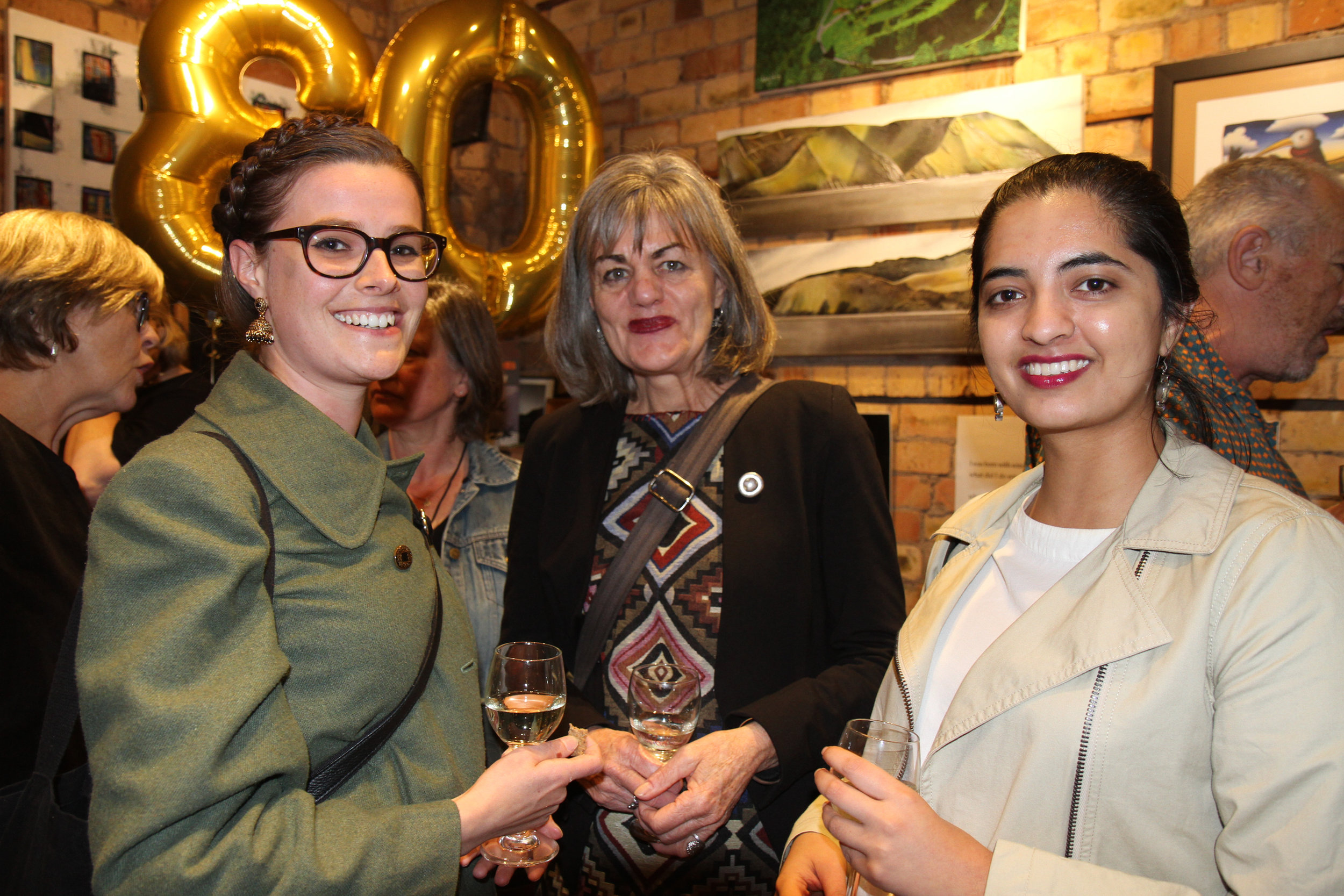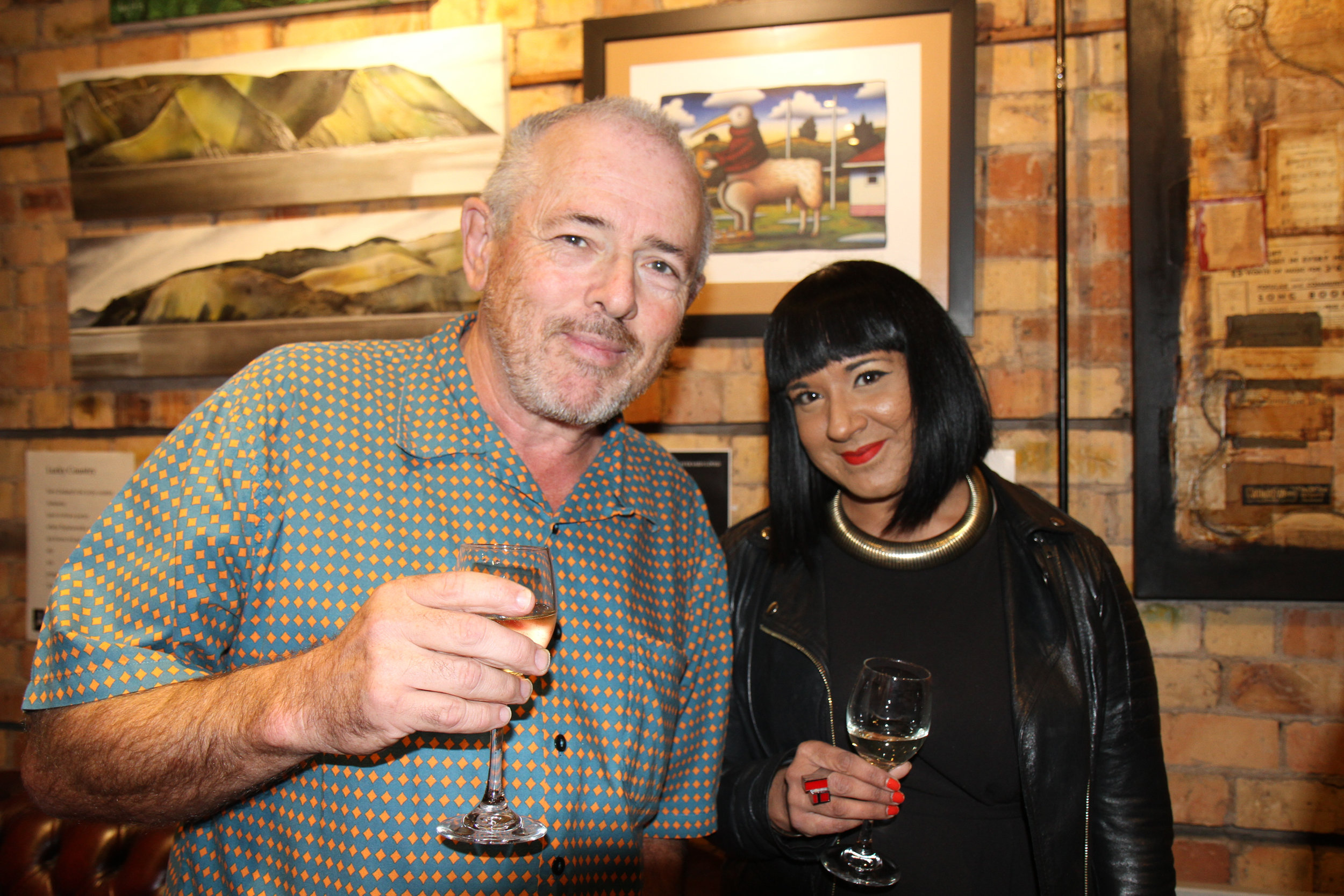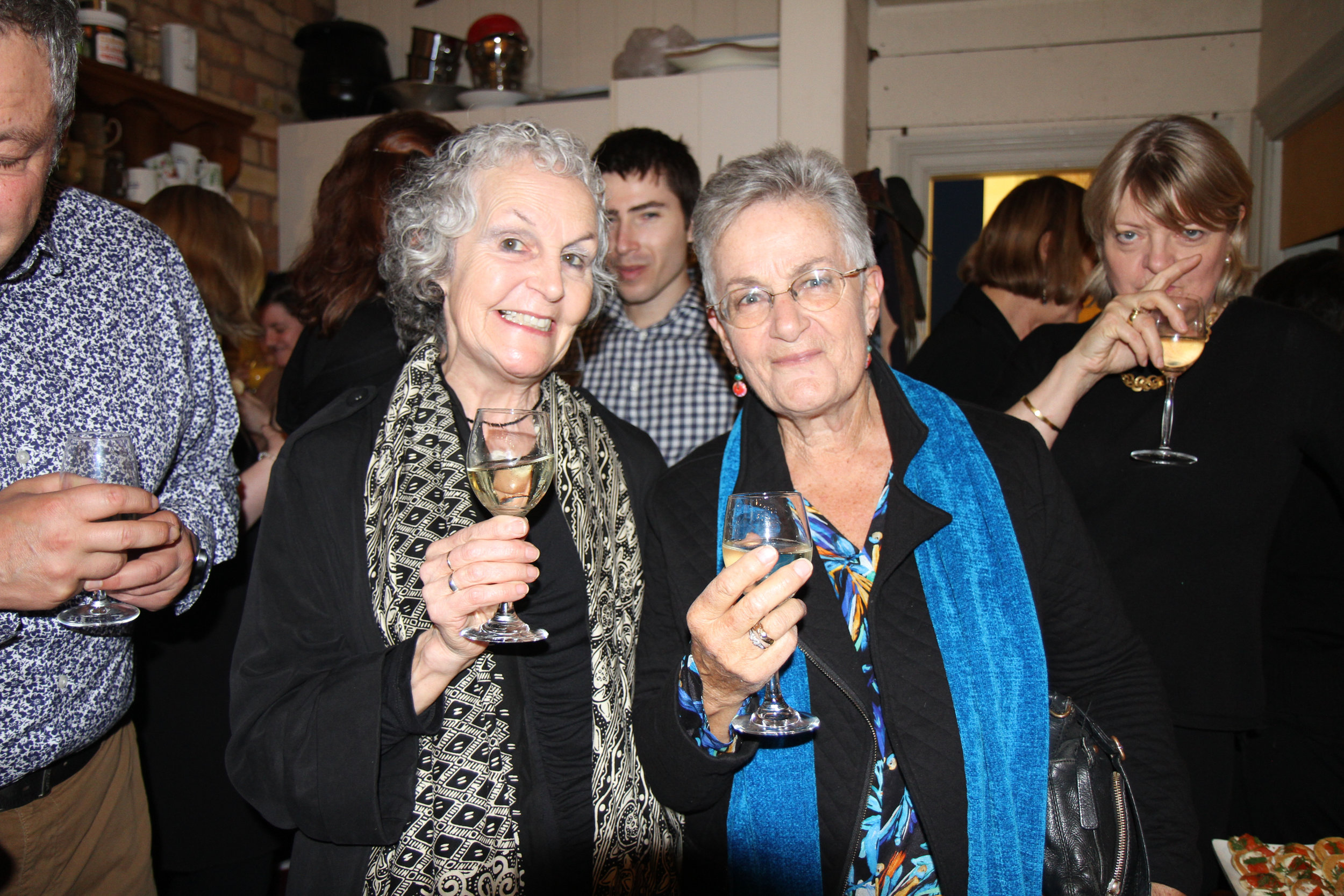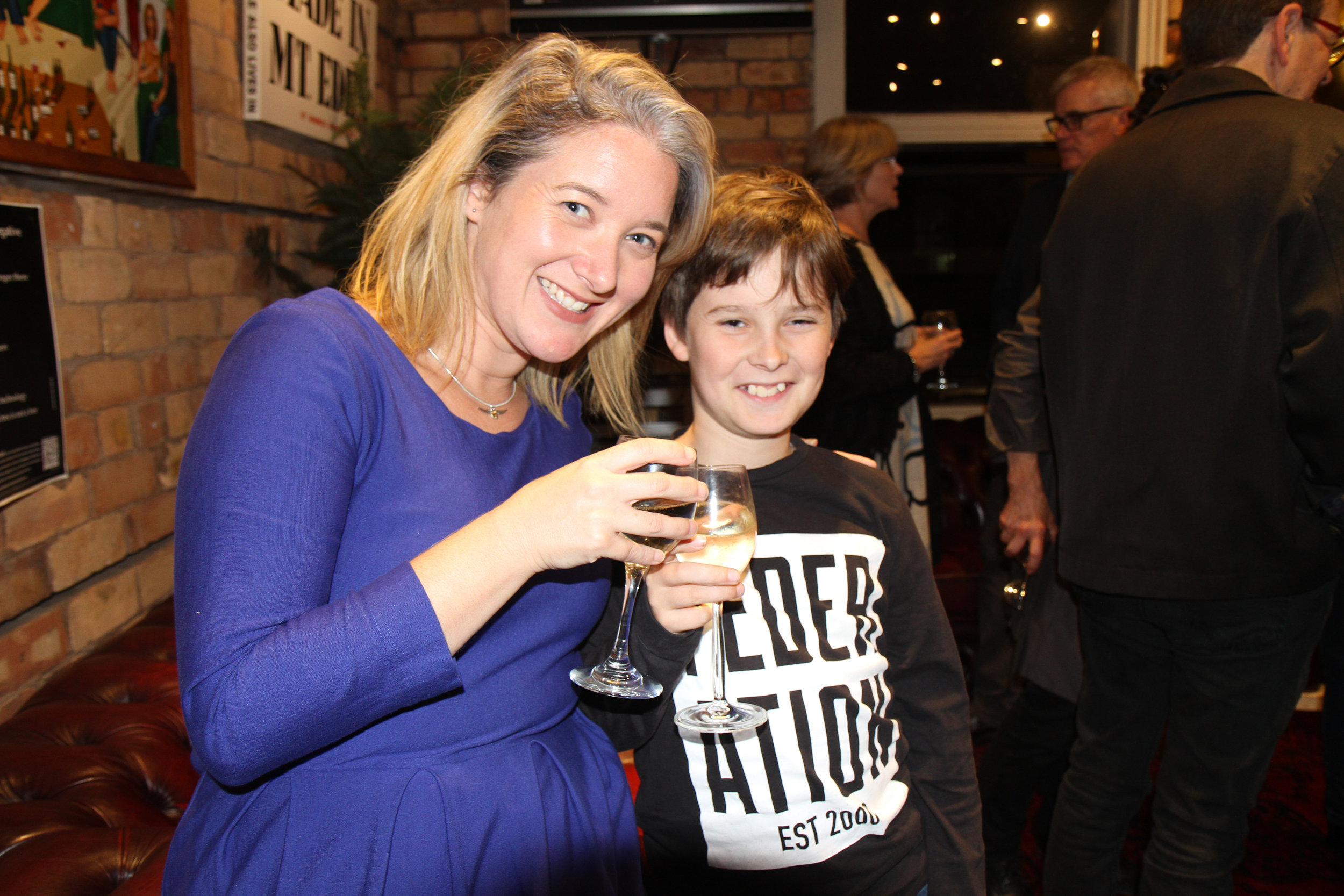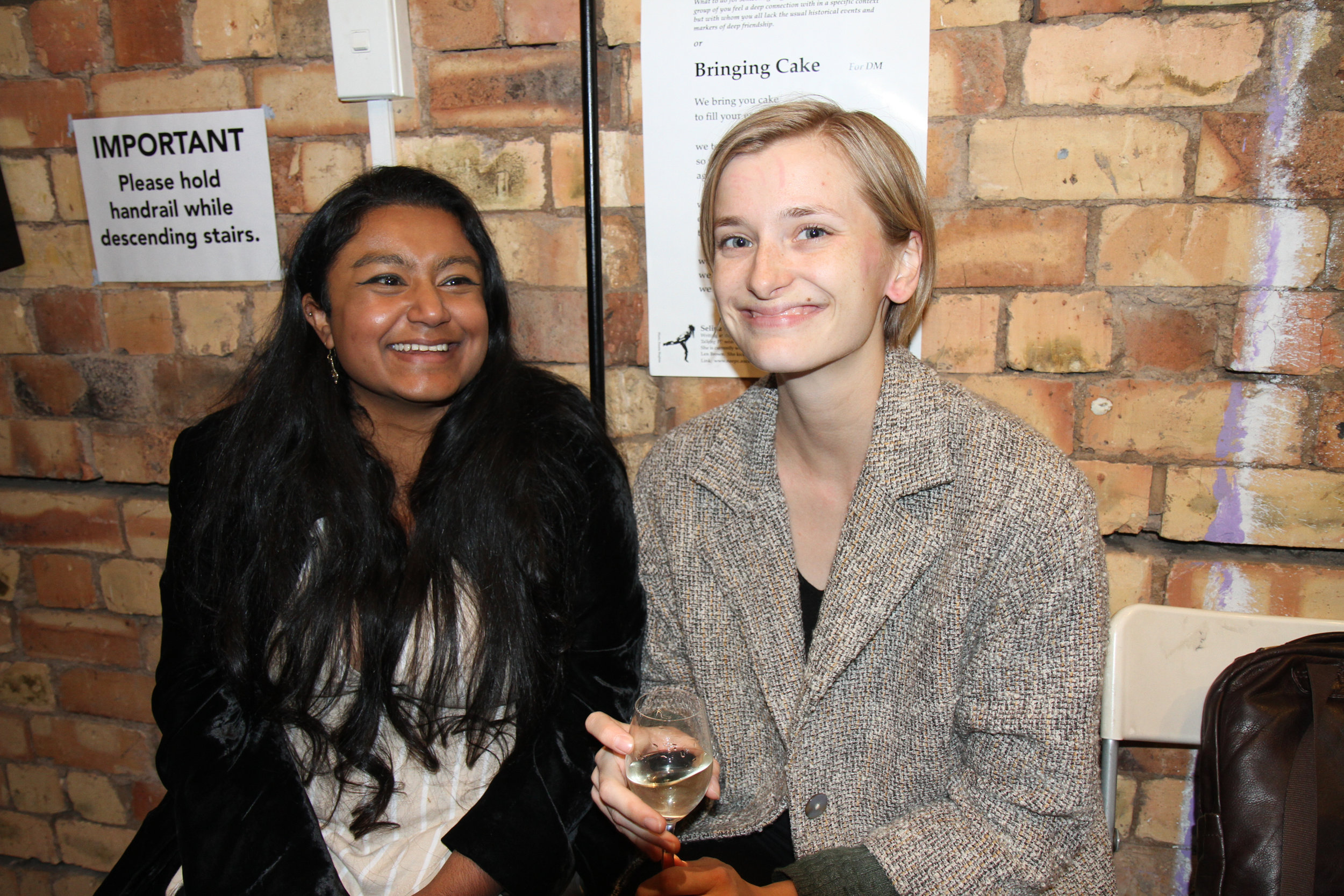Our Book of the Month for October is Edna O’Brien’s Girl. A clear-sighted and gripping novel about Maryam, one of a group of schoolgirls kidnapped by Boko Haram in northeastern Nigeria. At 88-years-old, O’Brien is as icicle sharp as ever - on a recent trip to Nigeria on research for this book, she smuggled £15,000 in her knickers to give to people there. Girl will rip your heart out, but you won’t be able to put the book down. What a writer!
You can listen to Kiran’s RNZ Nine to Noon review of Girl here.
Blog
BOOK OF THE MONTH: September, 2019: The Man Who Saw Everything by Deborah Levy /
Deborah Levy’s Booker Prize longlisted The Man Who Saw Everything may not have made the shortlist but it is our Book of the Month for September! An intriguing and expertly plotted novel abut politics, history, surveillance, beauty and envy, this book shows Levy is a clever writer of immense control and clarity. You can listen to Kiran’s 95bFM Loose Reads review here.
95bFM's Loose Reads: The Man Who Saw Everything by Deborah Levy /
On 95bFM’s Loose Reads Kiran reviewed our Book of the Month The Man Who Saw Everything by one of her favourite writers Deborah Levy. An intriguing and expertly plotted novel abut politics, history, surveillance, beauty and envy, this book shows Levy is a clever writer of immense control and clarity.
BOOK OF THE MONTH: August, 2019 /
Our Book of the Month for August is The Nickel Boys by Colson Whitehead who won the Pulitzer Prize for Fiction and National Book Award for his 2016 novel The Underground Railroad. Based on a real and brutal segregated Florida reform school in the 1950s, the Nickel Academy claims to provide “physical, intellectual and moral training” that will equip its inmates to become “honorable and honest men”. Time Out’s owner Wendy loved this book!
BOOK OF THE MONTH: July 2019 /
Our Book of the Month for July is Celestial Bodies by Jokha Alharthi which has won the Man Booker International Prize. It’s a powerful saga about three sisters living in al-Awafi, an Omani village on the brink of change. Exploring themes of slavery, urbanisation, women’s wisdom, patriarchy and masculinity, it’s a beautiful read. Celestial Bodies is also our Lit Reads title for July.
Click here to hear Kiran’s review on 95bFM’s Loose Reads.
95bFM's Loose Reads: Celestial Bodies by Jokha Alharthi /
On 95bFM’s Loose Reads Kiran reviewed our July Book of the Month and Lit Reads title Celestial Bodies by Jokha Alharthi which has won the Man Booker International Prize. It’s a powerful saga about three sisters living in al-Awafi, an Omani village on the brink of change. Exploring themes of slavery, urbanisation, women’s wisdom, patriarchy and masculinity, it’s a beautiful read.
BOOK OF THE MONTH: June 2019 /
Saltwater
Jessica Andrews
We are thrilled to introduce you to our June Book of the Month! Saltwater by Jessica Andrews is a stunning work of working class autofiction about fragility, place, class, the mother/daughter relationship and the body. It's a firecracker. Velvety, sensuous, and wonderfully allusive, it's a sublime evocation of a young woman's inner world as she moves between London and a small village on the coast of Ireland. Saltwater crackles with raw energy and real feeling, and Jessica Andrews' writing is intensely beautiful. Click here to listen to Kiran’s review on RNZ’s Nine to Noon.
95bFM's Loose Reads: Dead People I Have Known by Shayne Carter /
On 95bFM’s Loose Reads Kiran talked about our Book of the Month - the hotly anticipated Dead People I Have Known by Shayne Carter. It’s a ripper of a yarn, packed with insight, dry humour, girls, guitars and juicy bon mots.
BOOK OF THE MONTH: May 2019 /
Dead People I Have Known
Shayne Carter
We are pleased to announce that our May Book of the Month is the highly anticipated memoir Dead People I Have Known by Shayne Carter, published by Victoria University Press.
From Kiran Dass’ NZ Herald review:
“Dead People I Have Known is sharp, moving and tender. Carter has backbone. He writes with a staunch self-awareness and alongside the successful moments doesn't shy away from revealing the awkward, embarrassing and low points. It's compelling, smart and immersive and I couldn't put it down. “
BOOK OF THE MONTH: April 2019 /
Spring
Ali Smith
The days may be getting shorter and cooler, but spring has definitely sprung at Time Out! Our Book of the Month for April is Spring by Ali Smith, who returns with the eagerly awaited third installment of her seasonal quartet of novels.
”Spring will come. The leaves on its trees will open after blossom.Before it arrives, a hundred yards of empire-making. The dawn breaks cold and still but, deep in the earth, things are growing.”
Riffing on the work of Katherine Mansfield and Rilke, Greek myths and the lyricism of the season spring itself, Smith’s luminous and hope-filled novel is an empathetic look at the fallout of contemporary politics and current affairs.
95bFM's Loose Reads: The Wall by John Lanchester /
On 95bFM’s Loose Reads, Kiran reviewed our Time Out Book of the Month for March - The Wall by John Lanchester. It’s a startlingly prescient allegory for our times where The Defenders patrol a Wall to keep out The Others. Looking at climate change and political turbulence, John Lanchester is a brilliant writer.
BOOK OF THE MONTH: March 2019 /
The Wall
John Lanchester
Our Book of the Month for March is The Wall by John Lanchester.
"It's cold on the Wall. You look for metaphors. It's cold as slate, as diamond, as the moon. Cold as charity - that's a good one. But you soon realise that the thing about the cold is that it isn't a metaphor. It isn't like anything else. It's nothing but physical fact. This kind of cold, anyway. Cold is cold is cold."
After a catastrophic environmental disaster, sea levels have risen, there are no beaches, and a Wall encircling Great Britain has been erected. Beset by cold, loneliness and fear, it is on the Wall that the Defenders stand guard to keep the Others out. A dystopian allegory about the current political and environmental climate, The Wall also looks at intergenerational disparity and will hook you in from the first line.
RNZ's Nine to Noon: My Coney Island Baby by Billy O'Callaghan /
On RNZ’s Nine to Noon Kiran reviewed Billy O’Callaghan’s My Coney Island Baby which is also our March Lit Reads title.
Guest Post: A Poem for Time Out Bookstore by Kiri Piahana-Wong /
Republished with permission from NZ Author. Issue 315 Summer 18/19. Read the whole issue here.
NZ Poetry Day Interview: Sam Te Kani /
Suri sat down with a familiar face from All Tomorrow’s Poets 2016, Samuel Te Kani. Sam is a writer and artist who works with a variety of different mediums. You can find his work on Pantograph Punch, Vice New Zealand, The Wireless and at various art shows in Auckland and Wellington.
Suri: So Sam, what have you been up to these days?
Sam: Well, the Vice show, ‘Sex With Sam’ so that took up quite a bit of time before Owen and I went to Wellington. We’re meant to be filming again this month, but no-ones hit me up, so I’m just going to wait for them to do that. There ends up being a lot of invisible labour around that stuff, like I don’t necessarily have a production credit, but they do expect me to go out and create content with them. That has to be negotiated with them.
Suri: What does the show centre around?
Sam: It’s just me talking to people about sex, so the title’s very self-explanatory. We’ve done three episodes; one at The Basement cruise Lounge. I was talking to Stu, he’s one of the owners, so just talking to him about what the BDSM culture’s like here and what goes on at a cruise lounge. Then we talked to a guy at the University of Auckland who’s looking at porn and porn addictions at a research level; I think his name’s Chris Taylor. Then we talked to Pierre who works at one of the Peaches and Cream [stores] down K Road, the one on the corner that I didn’t realize still has one of the cruise spaces out the back. I thought that once they’d been taken over and franchised, they would have shut those spaces down, but they’re still operating. We did not expect to find that when we went in. At the back of that, in the corner, there’s a porn cinema and you can pay twelve bucks and go out the back, watch some porn, fuck a stranger.
Suri: Did you watch anything there?
Sam: Yeah, we did. They cut that out for the episode, though. I was thinking while they were doing the interviews there, whether they were going to have to subtitle it, blur out the huge queef that was going on behind us, but they just cut it out altogether.
Suri: That’s a shame, that would have been cool to have in there.
Sam: Yes it would have been; very ambient.
Suri: You have your hand in so many different art mediums
Sam: That’s entirely accidental. I’ve just been chugging along, doing little freelance things; the hustle. The sex blog I did ages ago- that provided a bunch of opportunities once that became semi-popular. You know Le Roy by DDMMYY? Through the sex blogs, they were like ‘Woah this is rad, do you want to contribute?’ and I was like ‘sure!’ That was the first time anyone had asked me to write for them. I contributed to three issues and then he went and published the whole blog in a one-off called LR: Stories We Tell Ourselves which was rad. I’ve written for art shows. One of my short erotic sci-fi stories went to this art show with Dan Nash and Tim Webbie down in Christchurch. It was in the show rather than just being part of the publication. Also writing for publications alongside art shows, mostly for Artspace; then was in a an art show for Artspace last year. I’d never done anything in a visual medium before. I made a Lady Gaga sculpture with a black demon sitting in a pink coffin filled with dirt.
Suri: IN-CREDIBLE
Sam: It was amazing, it’s sitting in my room now.
Suri: Do you have a photo? I’d love to see that.
Sam: Yeah I’ll take a photo and send one to you haha. The sculpture itself which is a giant black demon that’s got plastic vines and LED lights on it, is in one corner of my room, and I’ve taken the pink coffin; it obviously doesn’t have dirt in anymore; and used it as a bookshelf in the other corner of my room.
Suri: Multipurpose
Sam: Yes, utilities.
Suri: I feel like Lady Gaga would love that
Sam: I know, I did call it Garden of Failure though, so I don’t know how she’d feel about that. But I love her and the whole idea was that the Artpop album, which was a commercial flop compared to Born This Way which was a huge album for her; after that her career got really weird, and it was almost like that failure gave her an opportunity to be more free. I had Lady Gaga and the album as a visual reference for the work, but then it was also like Halberstam’s The Queer Art of Failure. Gaga’s career trajectory definitely ties in with that.
Suri: What drew you to poetry?
Sam: I never actually wanted to write poetry and a lot of the readings that I’ve done have been like poetry nights and I’ve either read a piece of fiction or an essay. I don’t even really write poetry but there are aspects of my experimental prose that you could call poetic.
Suri: Are you reading any good poetry books at the moment or have you come across anything recently?
Sam: I’m mostly reading sci-fi at the moment. I’m reading this tome called Helliconia and it’s about this planet called Helliconia and one seasonal year on this planet is like 1800 earth years. There are aspects of it that are very Game of Thrones like the idea that there are long summers and long winters. It pre-dates Game of Thrones by about 20 years. I feel like George R Martin is definitely aware of Helliconia.
Suri: Have there been any poets in the past that you’ve loved or enjoyed?
Sam: The one poetic text where I was like ‘oh, that’s rad’ was The Autobiography of Red by Anne Carson. Really, really liked that. It’s very prosey but definitely counts as poetry. Also the classics, like The Odyssey, The Aenid. The Aenid’s the one with Dido, right? Dido’s like crying out for her dead lover on a cliff. Oh, I also loved Sylvia Plath in school. Sylvia speaks to the 14 year old in me.
Suri: Same, so moody
Sam: Yeah so fucking moody, oh my god.
Suri: I’m such a sucker for misanthropy, especially in poems
Sam: I’m there right now girl, after my 50 hour week.
Suri: We’ve also been talking to our poets about the irreverence in poetry nowadays. I found that with your last reading at All Tomorrow’s Poets, your ability to be clever and not take yourself so seriously, was really refreshing. Now you have people like Hera and Tayi who write about sex so audaciously.
Sam: I do like that. I love that. I do think poetry itself takes some of the formality of language and exposes its fluidity so it can really disassemble what we might take for granted as formal codes and liberate them. I guess it makes sense then, that in a contemporary form, poetry is a lot more open to talking things like sex and a modern pathos where everything is in flux and there’s a volatility to living in the times that we do right now where institutions that have stood as monoliths post-War are now kind of like dying.
Suri: Jamie (de Jong) wanted to ask our other poets about their writing process. Do you have any advice?
Sam: Muscle memory; I think a lot of writing boils down to muscle memory and getting used to sitting down and writing every day
Suri: Do you have any questions you’d like to ask our other poets?
Sam: If you were microdosing, what would you be microdosing with?
Sam will be performing at Time Out's All Tomorrow's Poets on National Poetry Day. Check out the event details here.
NZ Poetry Day Interview: Janna Tay /
Time Out staff Surinam Reddy and Jenn Cheuk sat down with Janna Tay to talk shifting poetry landscapes and platforms for youth.
Janna studies law, politics, and philosophy at the University of Auckland. She is the author of a micro-chapbook Late Summer (Ghost City Press). Her poetry has appeared in Starling, Polyphony H.S., and -Ology Journal, and she won second prize in Landfall’s 2018 Charles Brasch Young Writers’ Essay Competition. In her spare time, she runs Oscen Magazine, a platform aimed at uplifting marginalised voices (http://oscen.co)
Suri: So Janna, what is it like to be a young poet in New Zealand?
Janna: It’s strange because I don’t really think of myself as a poet. It’s like when you give a name to something, it suddenly becomes real. It’s just been this thing I’ve done in my spare time, like reading and writing. I think I have talked about this with friends; you feel a sense of being an impostor to call yourself a poet or a writer.
More and more, I’m thinking of it as a way of being, like an attitude- that to be a poet is to look at the world in a certain way. There was an interview that I was reading with Ocean Vuong looking at the meaning of the word poet and he was like “to remember is to be a poet” and it’s just the idea that the way you’re wired makes you a poet.
Jenn: How would you define being a poet?
Janna: It would definitely be an attitude and a way of seeing the world because I’ve really been thinking about the idea of wonder at the world and just what happens when you switch a perspective to start looking at and noticing certain details and certain things. It’s actually shifted my whole attitude towards life. I’m finding joy or beauty in really mundane things that you might not notice because you’re in your daily grind.
Suri: You have these really beautiful moments in your poetry and some of it feels like really interesting universal ideas or feelings but making them quite specific and intimate, like in all of those little descriptions. They’re just so good.
Janna: I’ve definitely been inspired by different writers, just learning how to pull that all together.
Suri: Who are some of your inspirations?
Janna: This came a bit later, but one of the most important ones to me is Michael Ondaatje. He writes poetry and prose as well, but I started out with his prose and he’s such a poetic prose writer but such a prosaic poet; it’s almost genre-less for him. The way he writes, he builds characters from memory and certain moments, like the way they’ll move or certain aspects of the character related to a piece of clothing and he’ll take that thing and take you all through their history and it comes full-circle through this collection of details. Someone’s called him a memory artist, which I really love.
Recently I went to the Writers Festival to see Durga Chew-Bose and she described herself, and I really resonate with this, as a writer of periphery, so she doesn’t care about plot and neither do I. If you’ve got a book and it’s got explorations of character- that’s my favourite kind. I struggle to follow plot and find the logical consistencies, I just don’t really care about it. She said that it’s less about the plot- if you’ve got someone putting on make-up on public transport, that is the plot.
Jenn: What excites you about the current poetry landscape?
Janna: I think the fact that it’s becoming more and more accessible and so many new ideas are coming in. The danger I think, when you only have a certain group of people writing poetry, is that they start bouncing ideas off each other and it just becomes very insular. What’s exciting to see is almost anyone pick up poetry and be like ‘Hey I’m bringing my perspective to it’ and it might be something we’ve never seen before. Like I would also get inspiration from a different point of view and it’s just a learning experience from a whole lot of different people.
Jenn: Do you think people are becoming more open-minded to poetry, because there is this stigma around it being elitist or pretentious, do you feel like that’s changed?
Janna: I think there definitely is, especially around slam poetry. People I would never have talked to about my poetry, or page poetry (the kind of thing you’d study at an English Literature class and people are like, ‘I don’t get it’) they’re going along to slam poetry events and they’re like ‘Oh this is actually resonating with me in a language I understand’. That’s exciting to see and I hope it boosts support for the arts.
Suri: There are a lot of young New Zealand poets who are writing really exciting poetry, and I wonder if that change in the landscape has made it more accessible?
Janna: Yeah, you’re starting to see it a lot more in general media rather than just the people you know who’d interact with it.
Jenn: It’s become ageless now; like it’s transcending. It’s cool to see that change.
Suri: I guess there’s more of an irreverence and playfulness in the way poetry is told too.
Suri: Are there any contemporary poets whose work you’ve been enjoying recently?
Janna: I’ve just been reading ‘Bright Dead Things’ by Ada Limon and that was amazing. The way she writes poetry is, I feel, very different from mine and I really admire the way she does it. It seems very descriptive and kind of casual, but by the end, she takes this starting image and flips it on its head and there’s a moment of clarity when the whole preceding part of the poem is shown in a different light. I think I write quite obscurely- I just move from image to image, whereas for her, it’s just so tightly bound up that you don’t feel it until the end, the amount of talent she has.
Suri: Do you find there’s things you can draw from people like that whose poetry is quite different from your own? Do you think it impacts the way you write your own poetry?
Janna: Definitely. Like I’ll try and see how I can bring it into my own and put my own take on it. Also just as a technique, as a way to push myself to write in a different way.
Suri: I remember a while ago, in reference to a poetry book that had become very popular, we had a big discussion around instagram poets and what makes poetry and what isn’t poetry. How would you define poetry?
Janna: I guess, in relation to the instagram poets, they feel a bit more like thoughts to me- thoughts you dash off quickly. That’s not to discount it for what value it does have.
For me, when I write poetry, it requires a lot more design. You write down your thoughts but you go back and you think about the line and the rhythm, and the way that you break the line and what that does to the meaning- how you convey what you want to express, rather than just dashing it down on a piece of paper. At the same time, it feels a bit arbitrary to say that you have to spend work and time on it in order for it to become poetry. It’s a little bit dangerous to put one definition on it.
Suri: What drew you to poetry over other writing forms?
Janna: At first it comes across as something that’s very visceral. I’ve talked about this with friends before- like the thing that draws us to poetry: you’ve got feelings and you’ve got to put them down somewhere and there’s not necessarily a story from it or you don’t have to devise characters for a novel. When I was little, I used to love writing stories because I used to love creating characters, but I’d never get further than characters because I just don’t care about plot apparently. I’ve never really cared about plot. To come to poetry- it was an easier form at first, but then you realise how hard it is to make it good and that became like a puzzle and I just kept writing.
Suri: Was it exciting to have your work published in Starling?
Janna: Yeah it was really exciting and Starling are amazing. Frances and Louise keep in touch in the sense that if they see you published anywhere, they’ll instantly repost it on social media. They’re really supporting the community that they’ve built, and I really appreciate that from them. I’ve recently with friends, started my own platform called Oscen and we’ve gotten young writers as well and Starling jumped on board and started promoting us too. I never even mentioned it to them so it’s amazing to see their support in the community.
Suri: It’s really cool to see young New Zealand women being the ones pushing the change in poetry.
Janna: The contrast from what we studied, which was dead white European guys, to see the landscape now is really exciting. It’s the stories that get told and published that get remembered, and we haven’t had the ability to remember in that way for so long.
Janna will be performing at Time Out's All Tomorrow's Poets on National Poetry Day. Check out the event details here.
95bFM's Loose Reads: What to do at AWF /
Today, Jenna gives bFM listeners a taste of the music-y events that are happening at the Auckland Writers Festival.
This includes three sessions with Alex Ross, author of The Rest is Noise. Tama Waipara's songwriting series 'On Song', featuring musical guests Nadia Reid, Lawrence Arabia and Moana Maniapoto. We also talk about the Ockhams and The Listener Festival Gala.
Customer Review: 4 Young Adult Novels with Shania Kumar /
Shania Kumar is one of our enthusiastic customer reviewers. Check out what she's been reading lately below.
LIFEL1K3 by Jay Kristoff
Eve Carpenter lives in the Dregs, an island junkyard filled with rubbish, danger and TROUBLE. After losing her beloved robot gladiator Miss Combobulation in a Dome fight against a robot. Eve unlocks her powers and realises that she can kill robots and machinery by the will of her mind. On the run from Gangs and the Brotherhood, an organisation against ‘freaks’ like Eve, Eve comes across a lifelike robot, Eziekel who she seems to remember. With the help of Eziekel, her Grandpa, best friends Lemon Fresh and Cricket and trusty dog, Kaizer, Eve escapes death on numerous occasions. Eve’s life changes once again when Eve gains access to memories of her past as Ana Monrova and struggles to deal with her families loss and betrayal by the lifelike’s that her father created. This book captivated me the instant I started reading as it vividly describes the technological advancements but at the same time exposes the appalling environment that the world is facing. I really enjoyed not knowing what to expect when reading this book and anyone who loves the Bladerunner, Divergent, X-Men or Romeo and Juliet should definitely give this book a try.
How To Hang A Witch by Adriana Mather
Samantha Mather is your typical teen with sarcastic catch phrases on hand and a curious and strong willed personality. Her life ultimately changes once her Father enters a coma and Samantha and her step-mom then decide to move to Salem, her father’s home town. Witches, spells and a morbid curse greet her as she struggles to find the key to save her Father and unlock her families curse. Which is intertwined with the Salem Witch Trails, which occurred over 300 years ago. Along the way, Sam creates special bonds with the boy next door, Jaxon and the ghost which haunts her home, Elijah. I enjoyed how the novel portrayed both Samantha’s daily teenage life as well as her hunt to stop her families curse. I found it interesting that the author was actually talking about her family and their involvement in the Salem Witch trails in the novel, which made you want to read the book more. How to Hang A Witch is a thrilling read which will leave you questioning if there really are such things as supernatural beings!
The Wicked Deep by Shea Ernshaw
In the small town of Sparrow all is not as it seems. Every summer, three sisters who were murdered 200 years ago return to their hometown and possess three unlucky girls all in the name of revenge. The three Swan sisters lure unsuspecting boys out into the ocean and vengefully drown them as an act of revenge towards the town for their wrongful deaths and accusation of being witches. A night before the sisters return, Penny Talbot a local seventeen year old girl runs into Bo Carter who hides his true purpose for coming to Sparrow. Join Penny as she uncovers the Swan Sisters story and realises that she is more connected to them than she thought. The Wicked Deep takes you on an emotional roller coaster which leads you to discover many hidden truths about the town and the Swan Sisters. This book is recommended for all paranormal book lovers and will fully transport you to the town of Sparrow.
This Mortal Coil by Emily Suvada
Join Catarina Agatta, a seventeen year old genius hacker on a quest to find the antidote to save the world from the deadly Hydra plague. Before Catarina’s father, the world renowned geneticist Dr Laclan died, he devised a set of clues to help Cat find the vaccine. To find the vaccine against the Hydra infection, Cat must come out from hiding from the Cartaxus organisation. The organisation which killed her father and Cat has to enter the Hydra infested world where Lurkers (dangerous cannibalistic humans) and toxic Hydra clouds loom. With the help from her lethal companion Cole and brilliant coder Dax, she sets off to uncover the vaccine to save the world. On her search for the antidote Cat discovers deadly secrets which questions if her father is dead and who she thinks she is. I loved how this book has incredible plot twists which you do not see coming and creates a graphic parallel universe which you feel you are a part of.
Event: Time Out is 30! /
Last night, Time Out toasted to our 30th birthday! It was especially special to have our two previous owners, founder Sue Lees & Joy Draper celebrating with us. Thank you for all of the publishers, sales reps, staff, fellow booksellers & customers that squished in our upstairs room to party with us.
Lit Reads Book Club Report: Frankenstein in Baghdad /
Thanks to all of our book-loving members that came to our inaugural Lit Reads Book Club meeting!
For a long time, we’ve had customers longing to join fellow book-lovers in literary discussion, but struggling to find book clubs to call home. It felt like we had the perfect solution: a cozy upstairs space with brick walls and plush leather couches, a Village Winery across the road (for the essentials), well-read and enthusiastic customers and of course, lots of books!
It was great to see a mixture of new and familiar faces come together to discuss the irreverent Man-Booker International shortlisted title, Frankenstein in Baghdad. Gory, layered and exhaustive in its cast of characters, Frankenstein in Baghdad explores the impact of war on different intersections of Iraqi society, and sews together a political parable packed with nods to local and literary myths.
Starting the discussion with the title; its military green letters stitched into a beige background, our book club members dug into the relationship between Mary Shelley’s Frankenstein and our contemporary monster, similarities between this and other political satires, the realities of daily life during war, and whether or not humour becomes lost in translation.
Our members all brought interesting ideas and new ways of thinking about the book to our discussion. Some had gone so far as to researching the Jewish architecture discussed in the book; others providing political and historical context to the post-War Iraq the book is set in.
The best part of any book club is watching the ice crack and hearing all of the thoughtful, intelligent and engaging conversation that takes part both during and after the session. Watching people who are connected by Time Out and their love for books engaging in discussion and sharing emails and phone numbers was an encouraging start for our book club.
Our mission with Lit Reads is to connect communities of readers and hear new and varied perspectives on fresh, contemporary titles. If this sounds like you, please email Suri at books@timeout.co.nz for more information.
